
meatbusinesspro.com $7.99 THE BEEF, PORK & POULTRY INDUSTRY DIGITAL MAGAZINE May 2024 Ground
Canada Expanding
Industry
U.S. to Provide Funding to
Bird Flu on Dairy Farms CFIB: Key Takeaways from 2024 Federal Budget Budget CDC: AVIAN BIRD FLU RESPONSE UPDATE
Beef Samples in U.S. Test Negative for Bird Flu Virus
Surveillance for Avian Flu
Veteran Tapped to Lead Women’s Meat Group
Contain

2 MEATBUSINESSPRO May 2024 meatbusinesspro.com https://www.yesgroup.ca
May 2024

5 6
Meat Institute Updates Animal Handling Guidelines
10 12 14 16 18 20 22
Maple Leaf Reports Profits as Markets Show Signs of Improvement
CDC: Avian Bird Flu Response Update
Scholarship Applications Open for 2024 Canadian Beef Check-Off Agency Awardp
Ground Beef Samples in U.S. Test Negative for Bird Flu Virus
Industry Veteran Tapped to Lead Women’s Meat Group
Canada Expanding Surveillance for Avian Flu
U.S. to Provide Funding to Contain Bird Flu on Dairy
Farms CFIB: Key Takeaways from 2024 Federal Budget
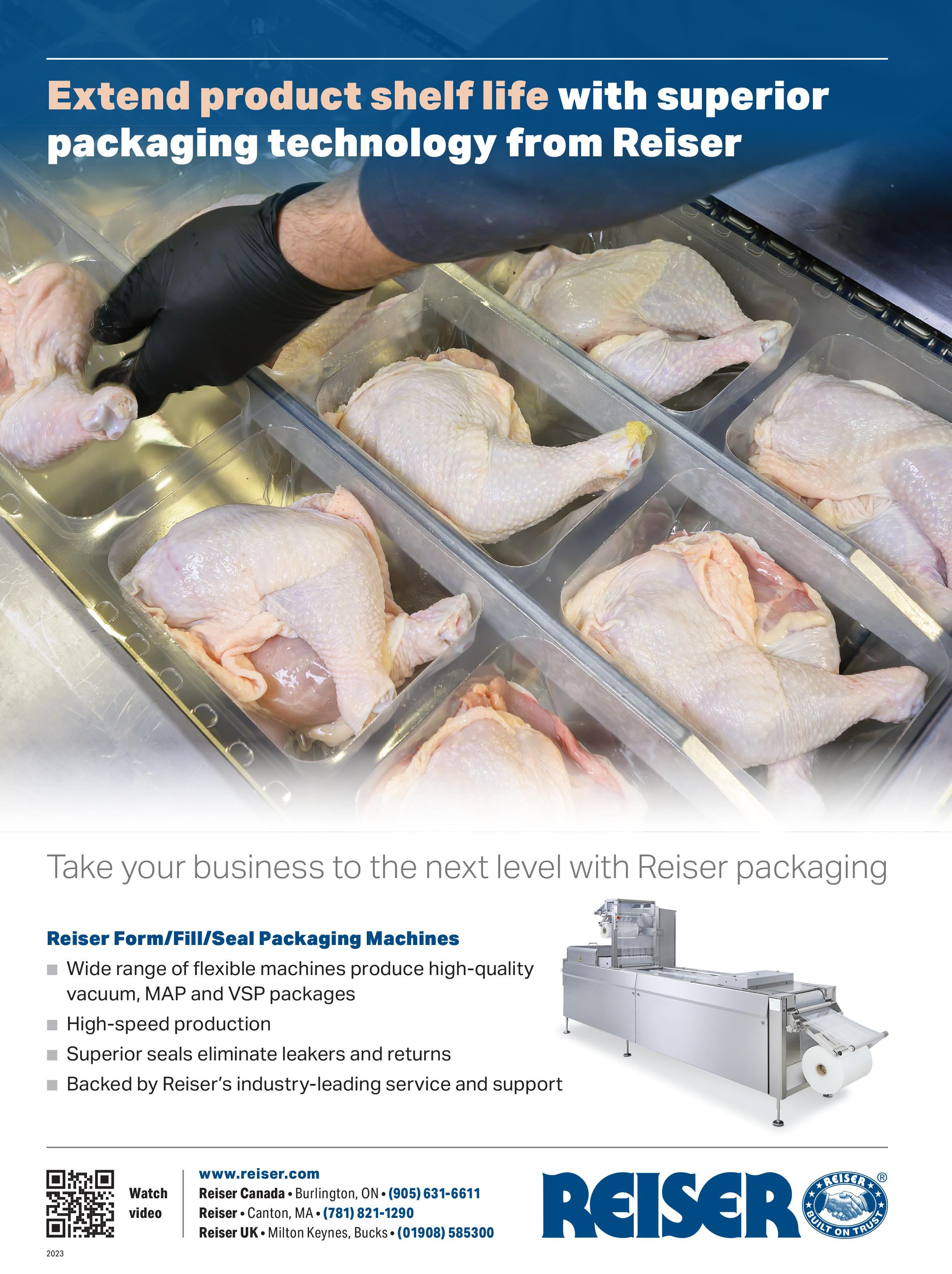
https://www.reiser.com
May 2024 Volume 25 Number 5
PUBLISHER
Ray Blumenfeld ray@meatbusinesspro.ca
MANAGING EDITOR
Scott Taylor publishing@meatbusinesspro.ca
DIGITAL MEDIA EDITOR
Cam Patterson cam@meatbusinesspro.ca
CONTRIBUTING WRITERS
Jack Roberts, Cam Patterson, Juliette Nicolay
CREATIVE DIRECTOR
Patrick Cairns
Meat Business Pro is published 12 times a year by We Communications West Inc
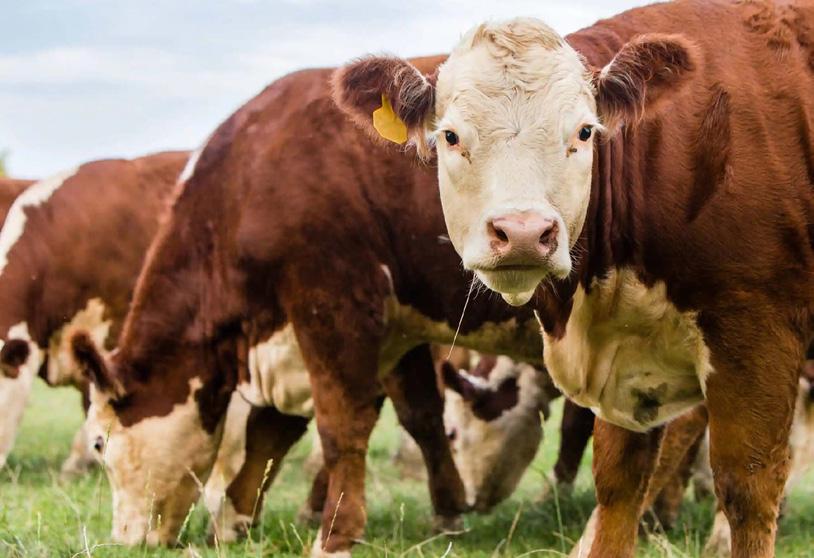
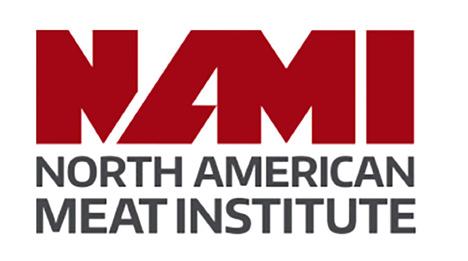
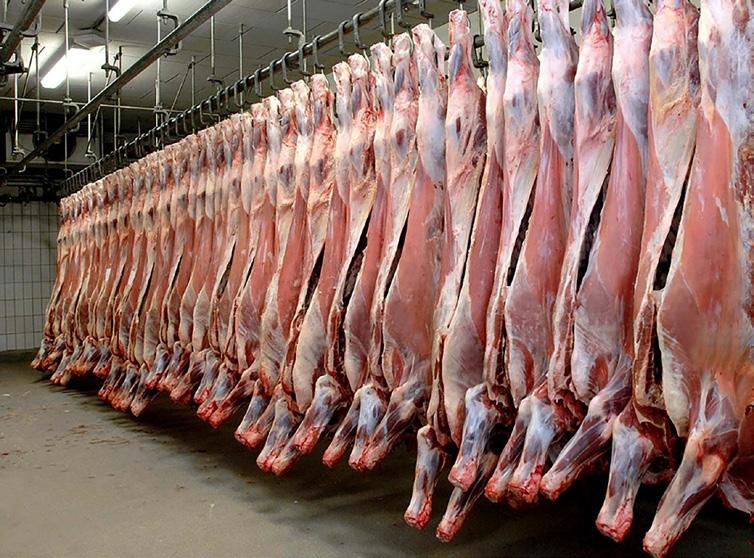
MEAT INSTITUTE UPDATES ANIMAL HANDLING GUIDELINES
In order to help members drive continuous improvement in the meat industry, the Meat Institute has updated its Animal Handling Guidelines and Animal Welfare Audit to include scores for each criterion allowing members to set goals. The Meat Institute also released a new bison animal welfare audit.
The guidelines and audit were authored by the Meat Institute’s Animal Welfare Committee, working with Colorado State University Professor of Animal Behavior Dr. Temple Grandin. The audit was certified by the Professional Animal Auditor Certification Organization.
“The Meat Institute has a longstanding commitment to animal welfare. It is especially important to track and improve animal handling for the well-being of the animals and the safety of workers,” said Julie Anna Potts. “Through these updated guidelines, and as part of the Protein PACT, Meat Institute companies continue to advance high standards of animal care.”
CO MMUNICATIONS W EST IN C
We Communications West Inc.
106-530 Kenaston Boulevard
Winnipeg, MB, Canada R3N 1Z4
Phone: 204.985.9502 Fax: 204.582.9800
Toll Free: 1.800.344.7055
E-mail: publishing@meatbusiness.ca Website: www.meatbusinesspro.com
Meat Business Pro subscriptions are available for $28.00/year or $46.00/two years and includes the annual Buyers Guide issue.
©2020 We Communications West Inc. All rights reserved.
The contents of this publication may not be reproduced by any means in whole or in part, without prior written consent from the publisher.
Printed in Canada. ISSN 1715-6726
For the new animal handling guidelines, additional resources, and all of the audit forms, go to https://www.meatinstitute.org/Animal_Welfare/Guidelines_ and_Audits
The Meat Institute will be highlighting the updated guidelines and audit changes at Animal Care and Handling Conference held in mid-May in Kansas City, MO. The conference topics will focus on improving animal welfare throughout the supply chain and prioritizing safe animal handling.
The Meat Institute is also publishing stunning and body condition scoring guidance for meat and poultry companies to help improve animal welfare.
The Meat Institute’s audit was originally developed by the Animal Welfare Committee and Grandin in 1997 and its adoption by meat companies helped transform how livestock are handled and processed in meat plants. By measuring objective criteria like animal vocalizations, falls, prod use to move animals, and effective stunning, plants evaluate their animal handling practices, identify problems and drive continuous improvement.
Other Meat Institute resources related to animal handling are available at https://www.meatinstitute.org/Animal_Welfare

5 meatbusinesspro.com May 2024 MEATBUSINESSPRO
THE BEEF, PORK & POULTRY INDUSTRY DIGITAL MAGAZINE

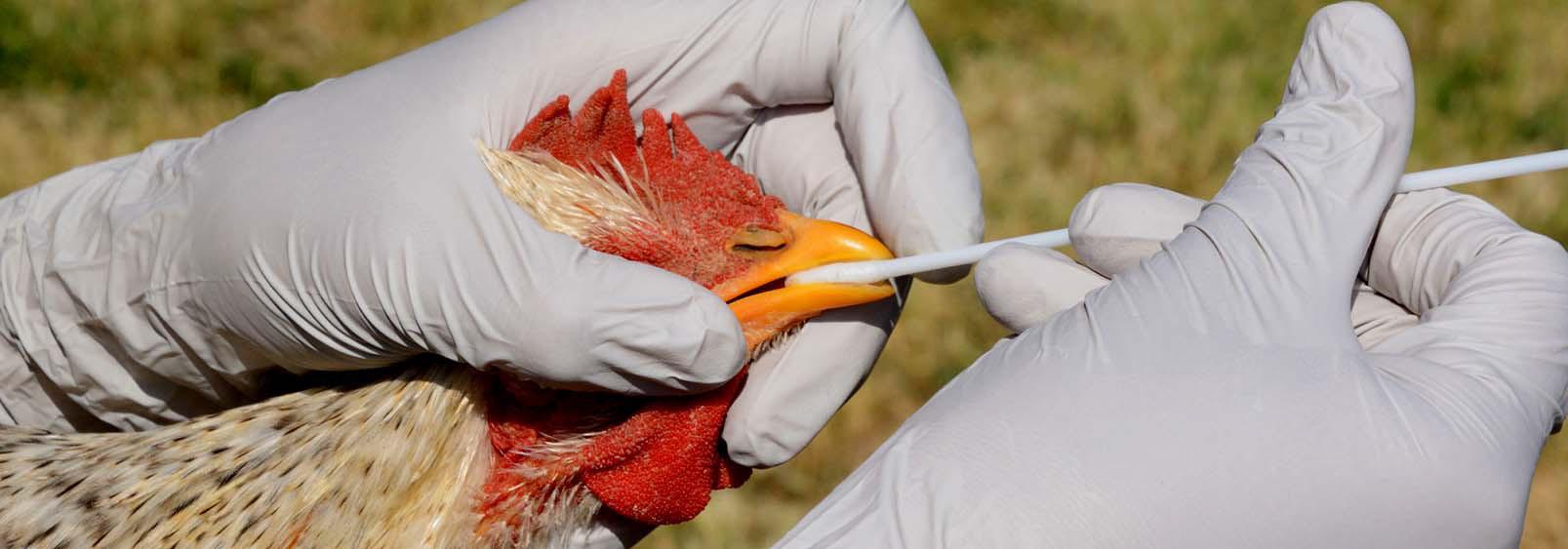
CDC: AVIAN BIRD FLU RESPONSE UPDATE
The Centers for Disease Control (CDC) continues to respond to the public health challenge posed by the recent multistate outbreak of avian influenza A(H5N1) virus in dairy cows and other animals in the United States.
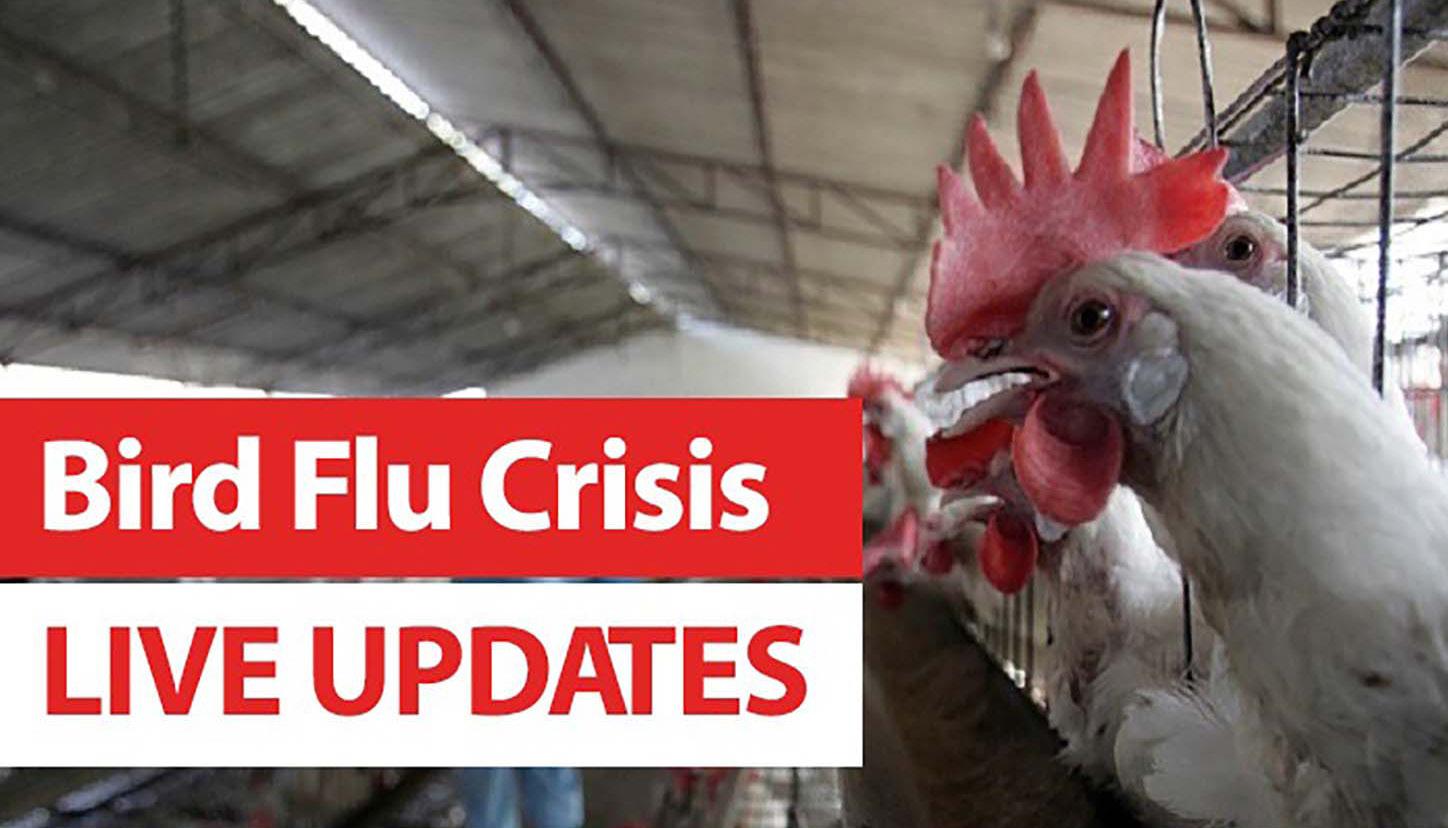
CDC is working in collaboration with the U.S. Department of Agriculture (USDA), the Food and Drug Administration (FDA), state public health and animal health officials, and other partners using a One Health approach. Currently, one human case has been confirmed in a person with exposure to presumably infected dairy cows reported by Texas on April 1, 2024.
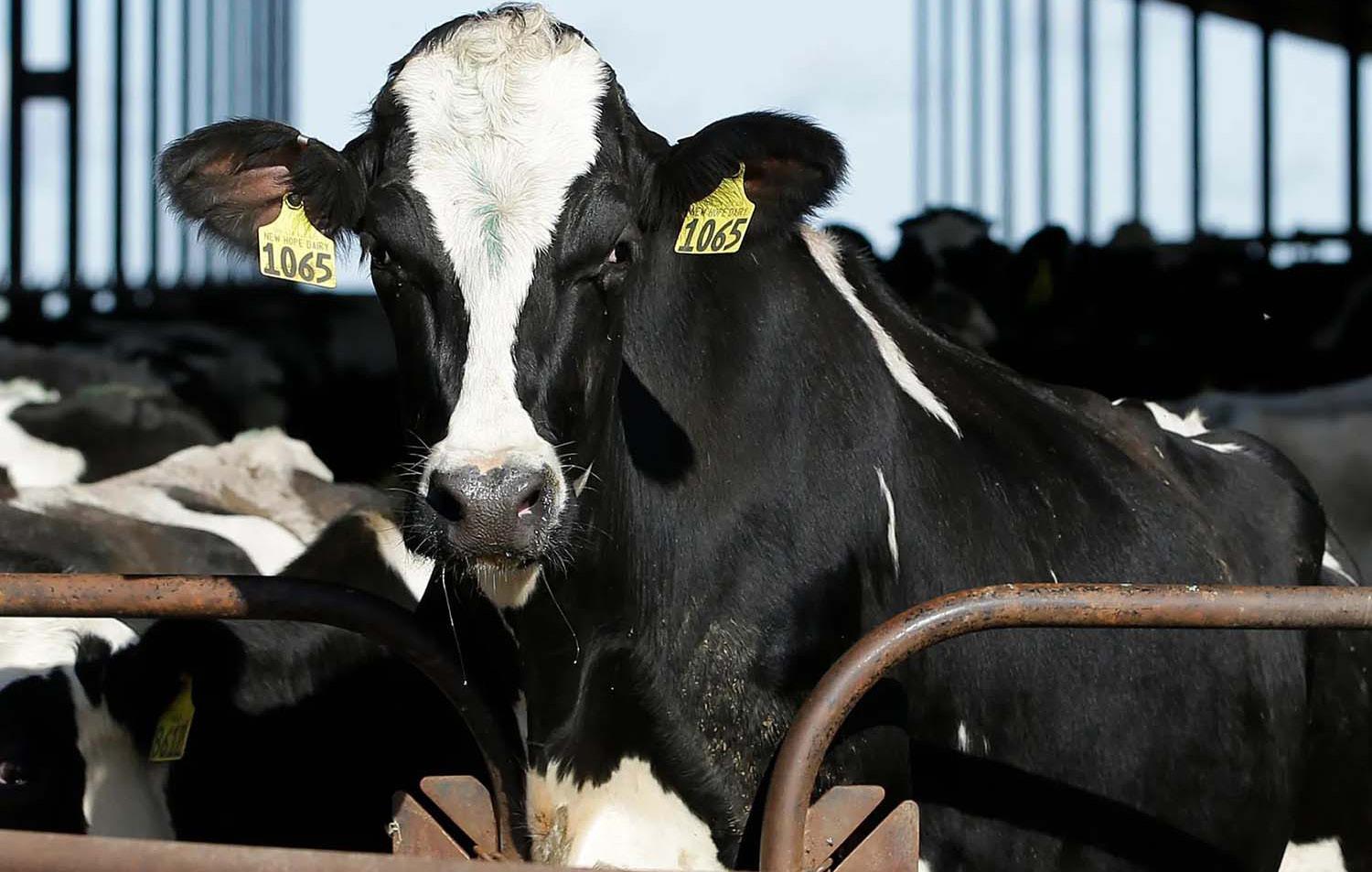
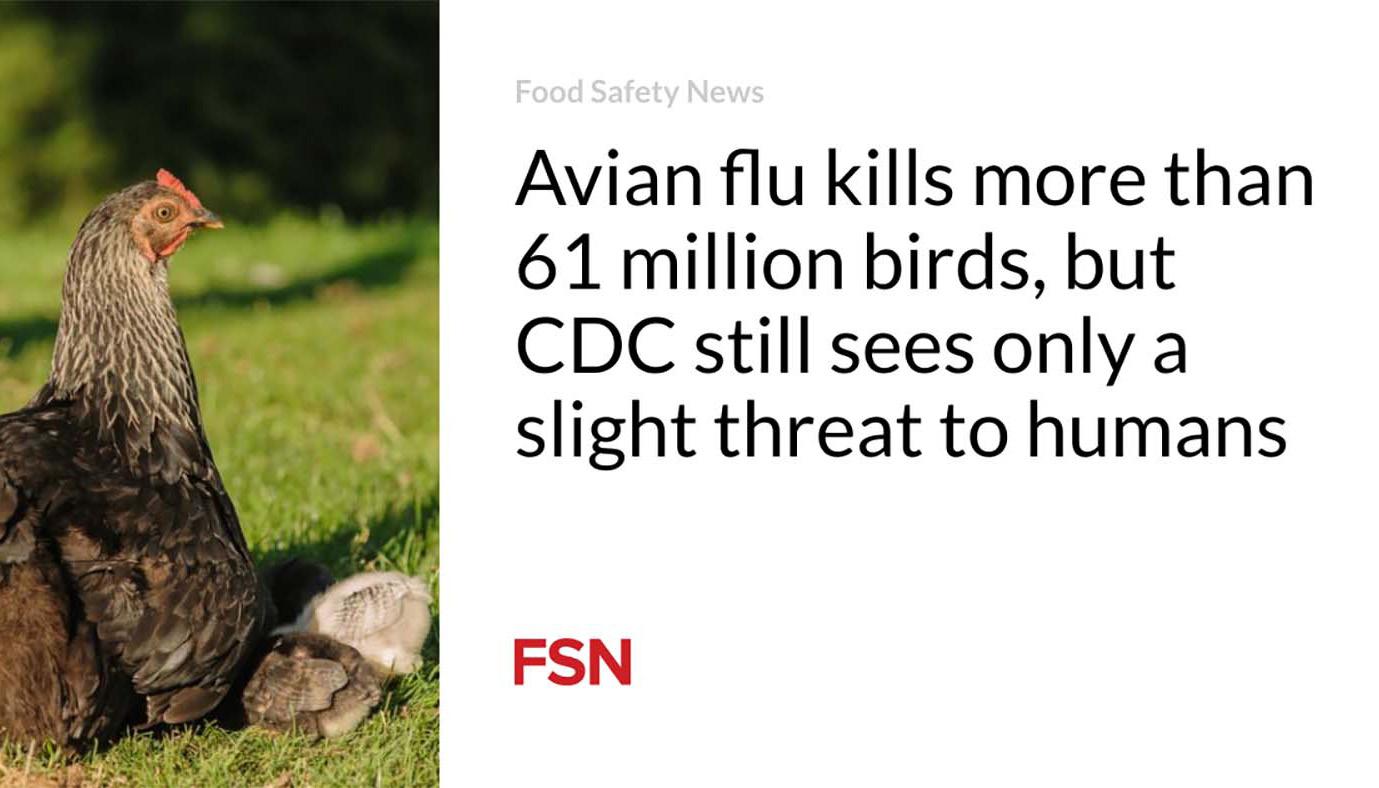
CDC’s response to this outbreak of influenza A(H5N1) virus in dairy cattle and other animals most recently includes:

• Continuing to support states that are monitoring people with exposure to cows, birds, or other domestic or wild animals infected, or potentially infected with, avian influenza A(H5N1) viruses. Testing of symptomatic people who have exposures is being done by state or local officials, and CDC is conducting confirmatory testing when needed.
6 MEATBUSINESSPRO May 2024 meatbusinesspro.com
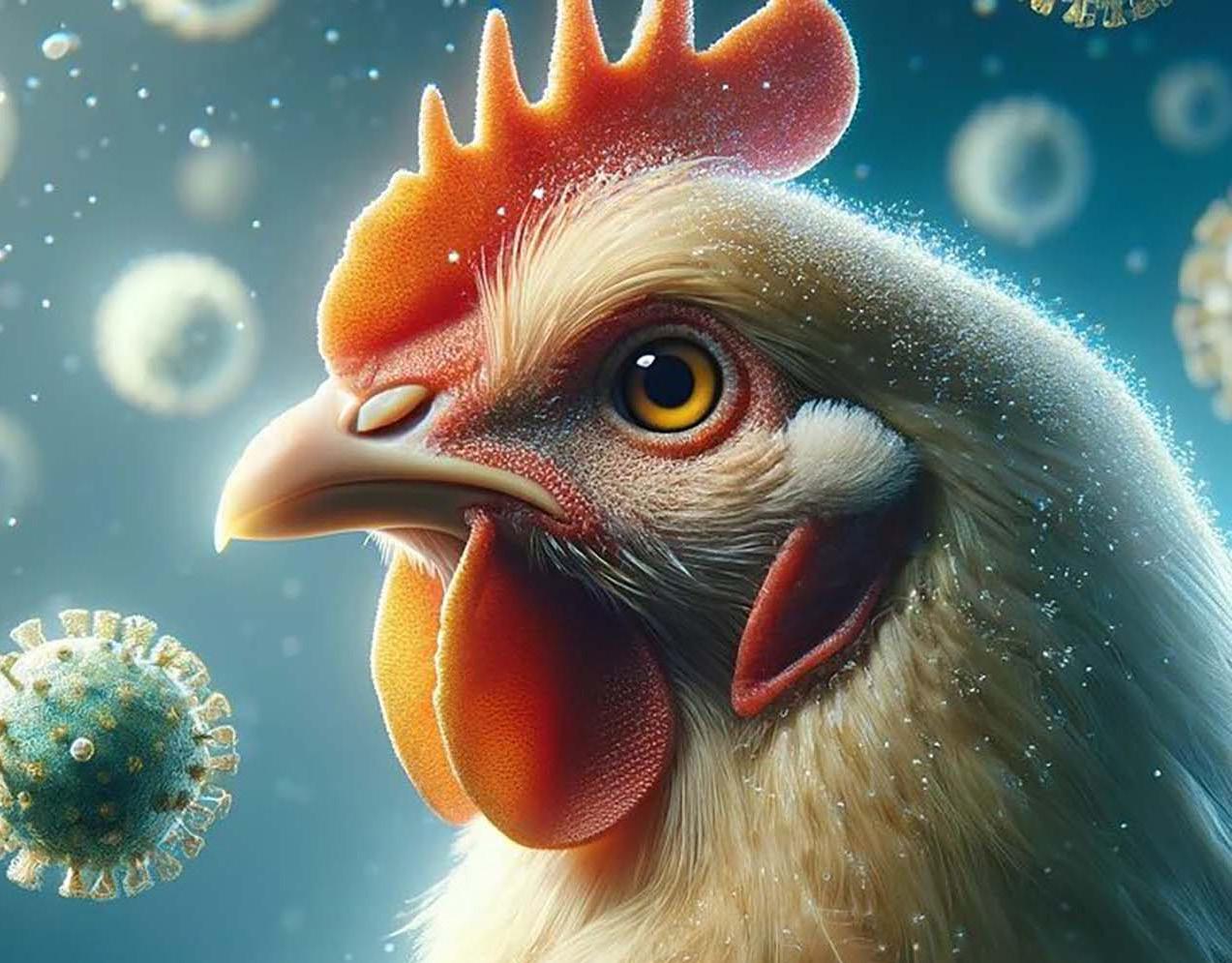
• Monitoring and testing data are now being reported, and will be updated weekly. Since March 2024, at least 220 people have been monitored for A(H5N1) after relevant exposures and at least 30 people have been tested.
• Having ongoing discussions with multiple states about state-led field investigations to explore key scientific and public health questions related to the ongoing outbreak. CDC is playing a coordinating role with regard to investigation protocols so that data collection can be standardized across states and results can be pooled. In addition, CDC has multilingual and multidisciplinary epidemiological field teams ready to deploy to support onsite studies if requested.
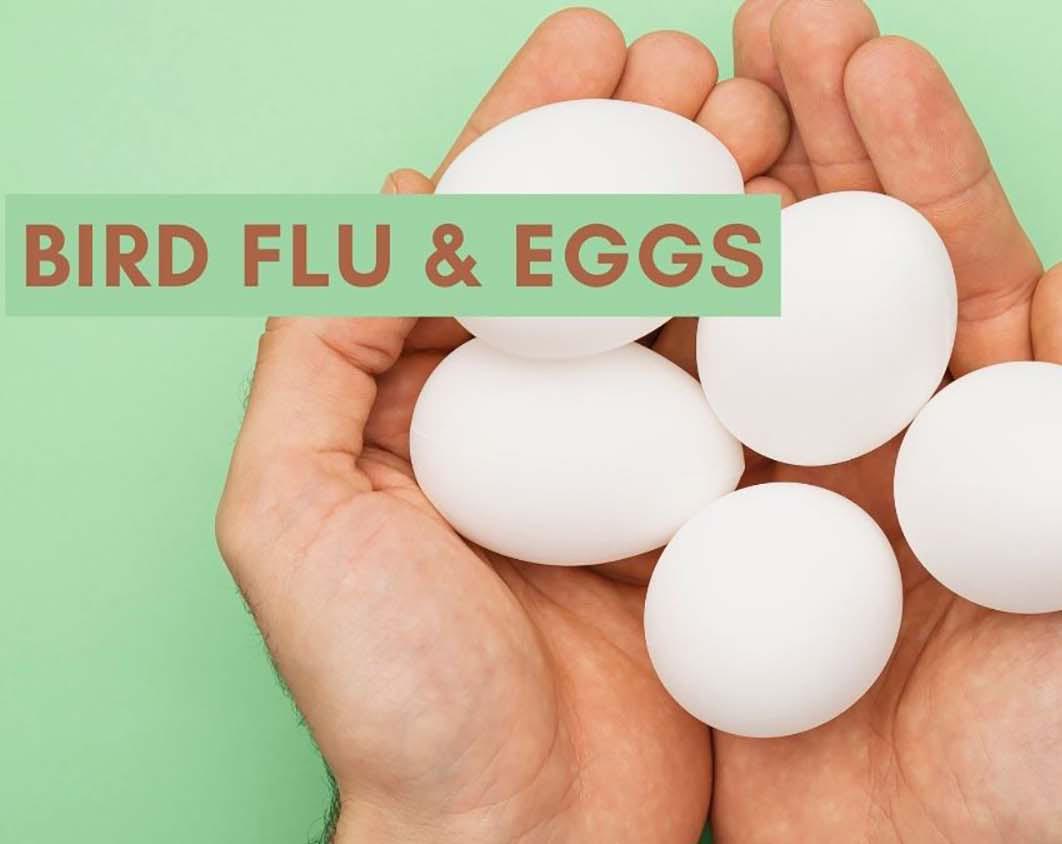
CONTINUING WORK TO BETTER CHARACTERIZE THE VIRUS FROM THE HUMAN CASE IN TEXAS.
• Beginning cell and animal laboratory studies, including to:
• Learn how the virus reproduces in both human and cow respiratory tract epithelial cells and cow mammary epithelial cells.
• Assess the severity of illness and transmissibility of the virus under different scenarios by infecting ferrets and assessing the outcome. Ferrets are used as a model for people because they get sick and spread influenza viruses in a manner similar to humans.
• Testing human blood from people previously vaccinated with pre-pandemic A(H5) vaccines during clinical trials to see how their antibodies cross-react to the virus isolated from the human case in Texas.
• Engaging with manufacturers of commercial diagnostic tests and clinical partners to make progress toward the goal of having an A(H5N1) test that is widely available for consumers.
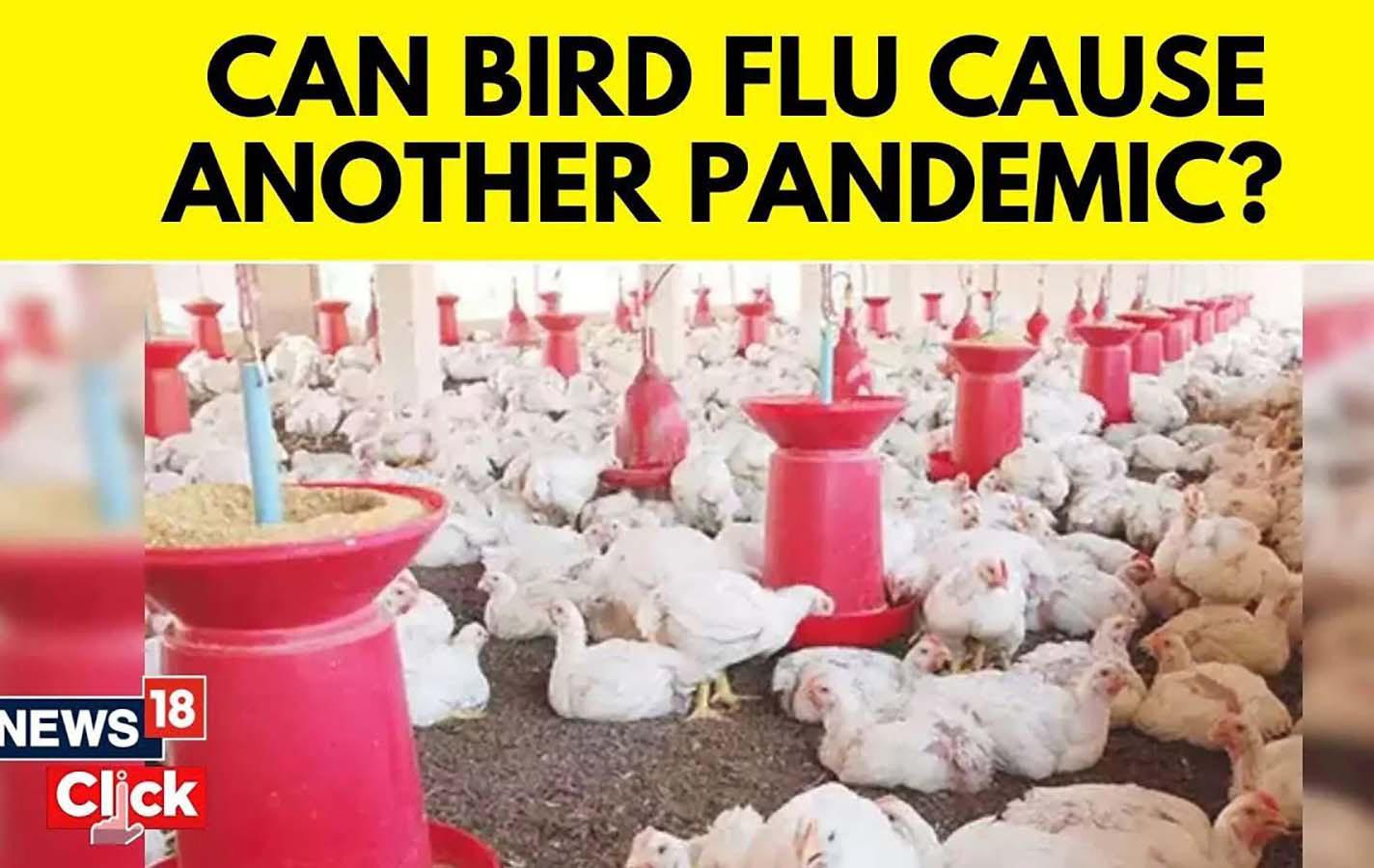
Continued on page 8
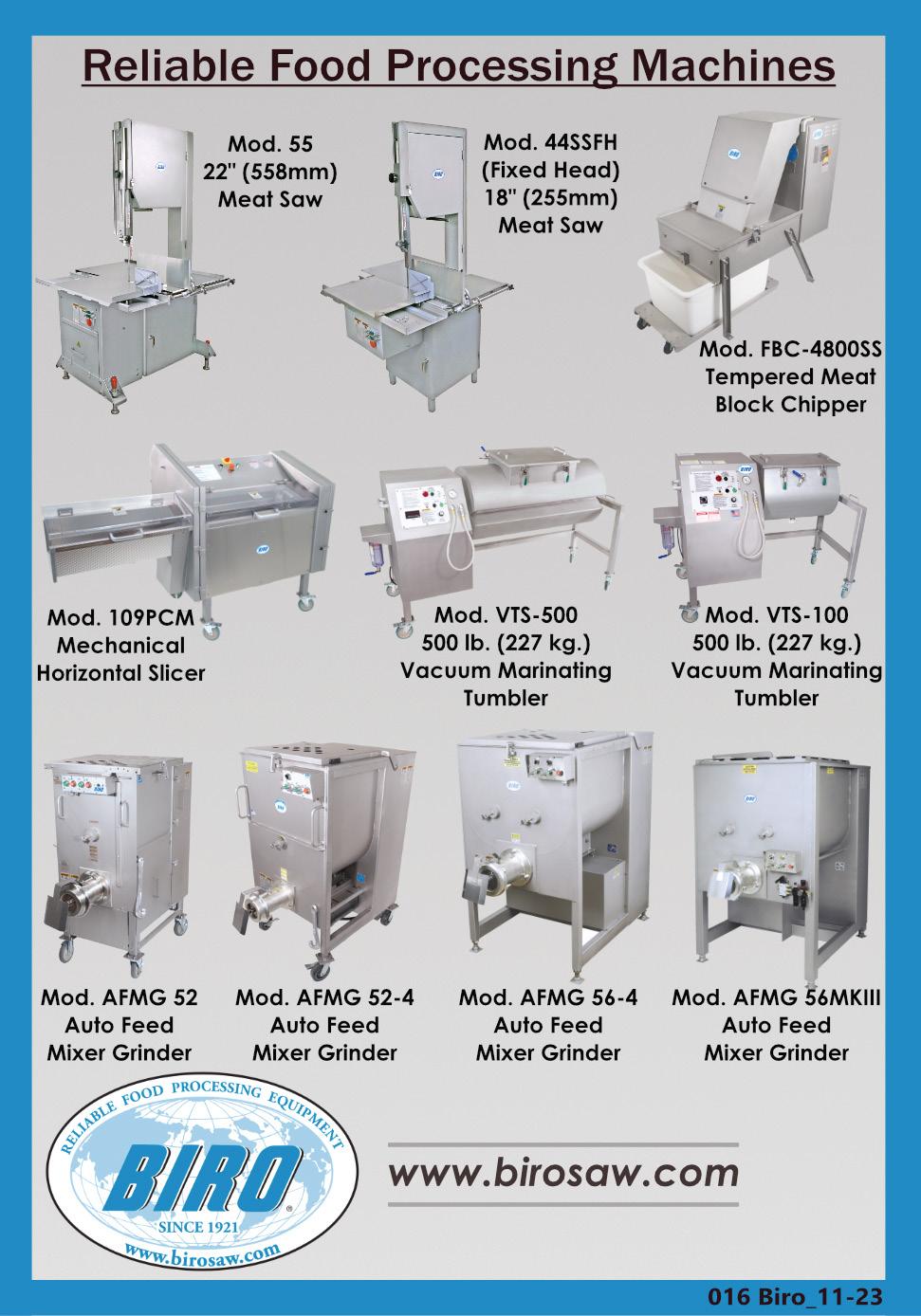
7 meatbusinesspro.com May 2024 MEATBUSINESSPRO
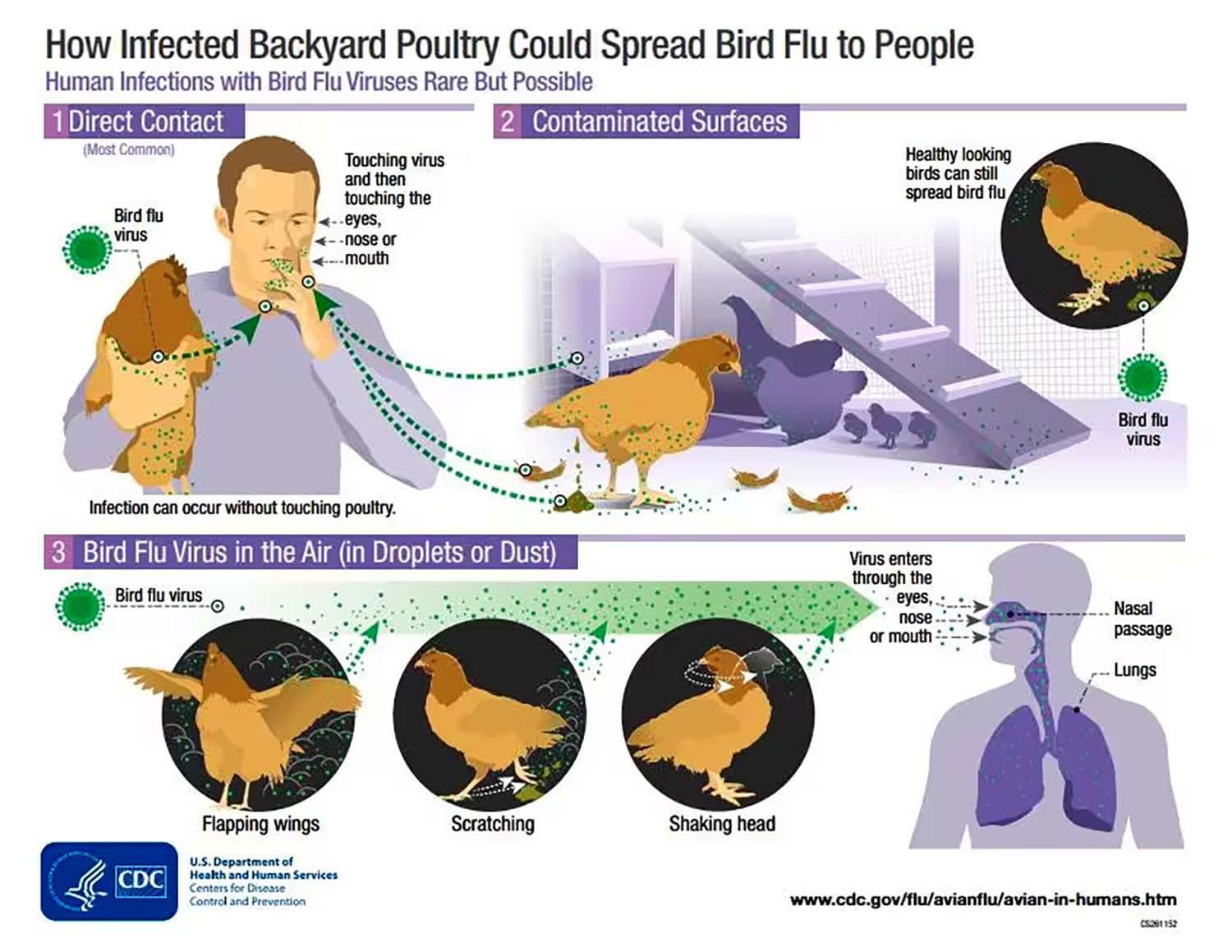
• Working so that states can conduct A(H5N1) testing on eye specimens. The use of eye swabs with the CDC H5 assay was approved by the CDC Clinical Laboratory Improvement Amendment (CLIA) director for use at CDC, which means results can be reported back for patient care. Originally, the A(H5N1) test was designed for use with respiratory specimens.
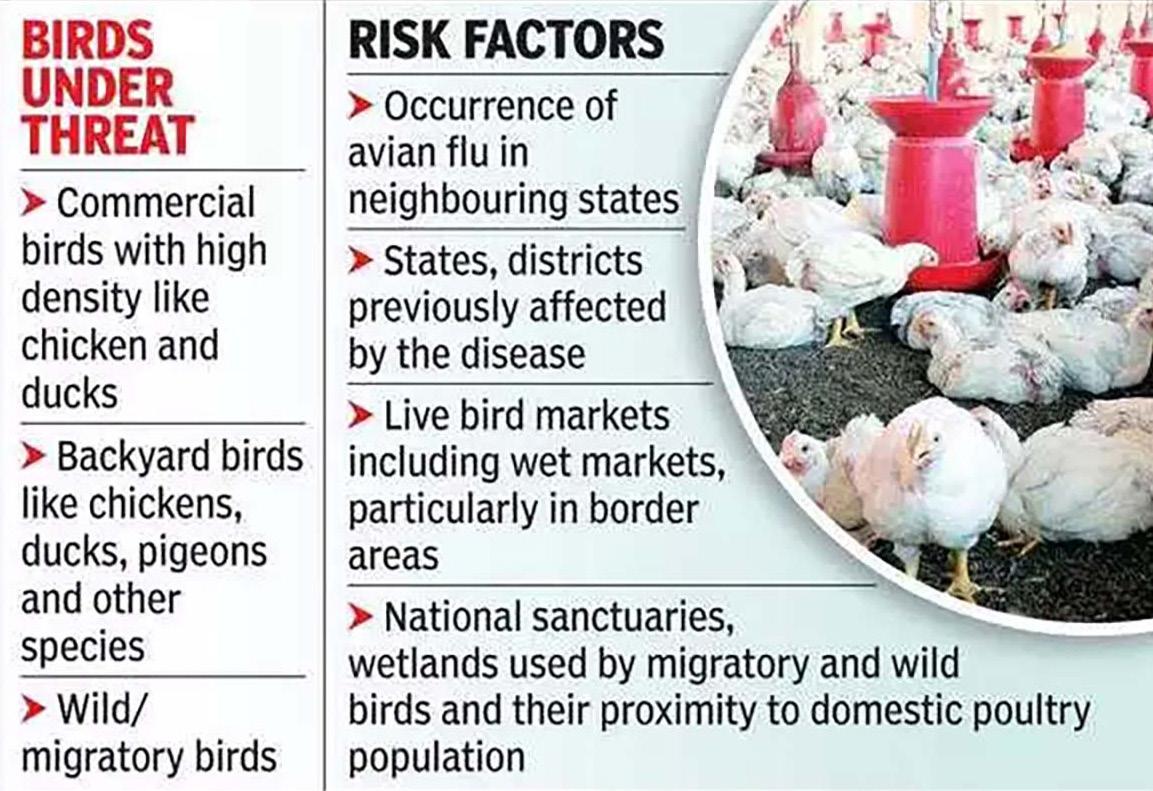
• Developing information for health care provider organizations to share with their membership related to the health concerns around consumption of raw milk in the context of the current A(H5N1) outbreak, since A(H5N1) virus fragments have been detected at high levels in raw milk. CDC and FDA recommend against the consumption of raw milk. Testing at FDA has indicated that pasteurization kills A(H5N1) virus in milk.
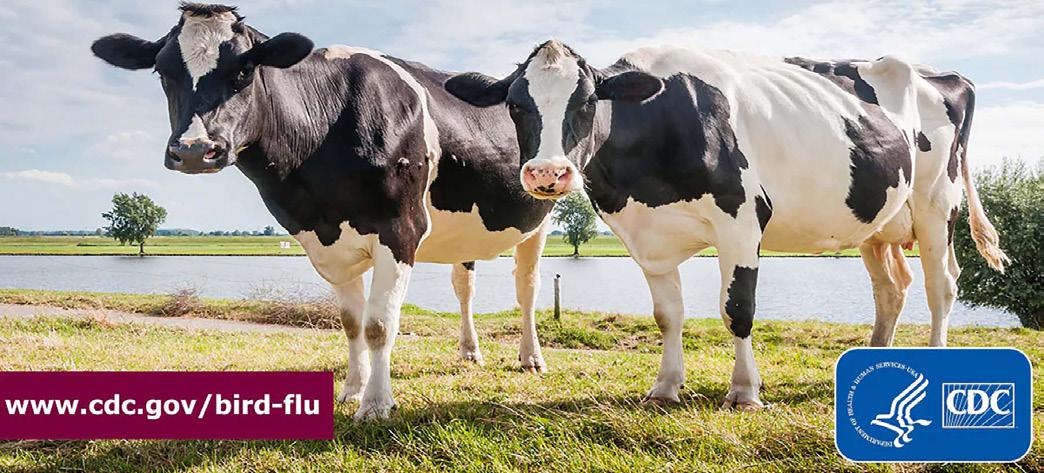
• Continuing to engage One Health partner organizations from public health, agriculture, wildlife, milk regulatory officials, and others to share information and ensure preparedness to prevent and respond to this emerging infectious disease threat and for any potential human infections.
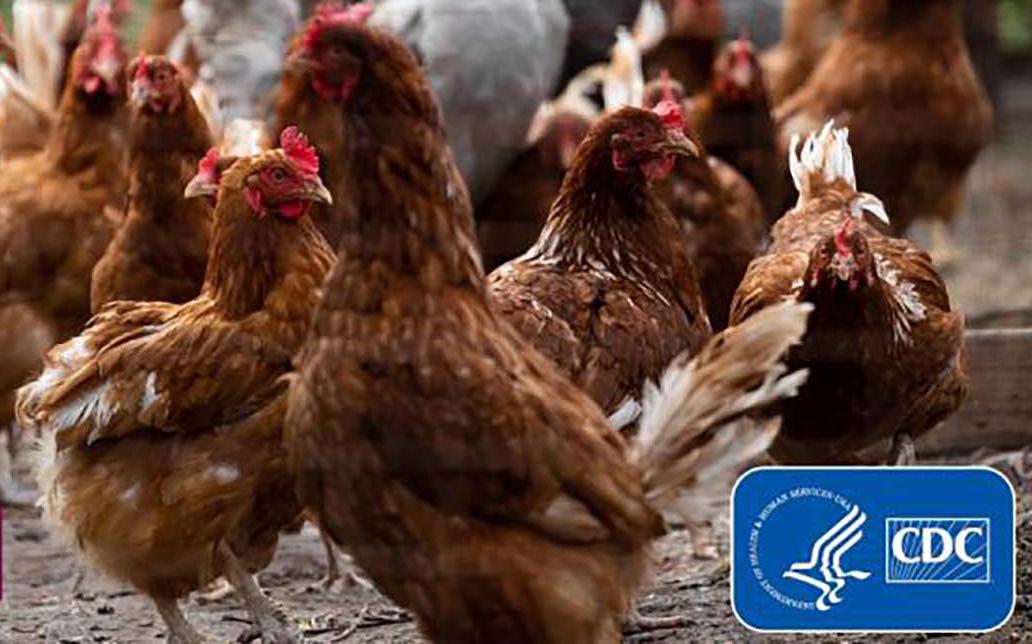
• Continuing to monitor flu surveillance data, especially in areas where A(H5N1) viruses have been detected in dairy cattle or other animals, for any unusual trends in flu-like illness, flu, or conjunctivitis.
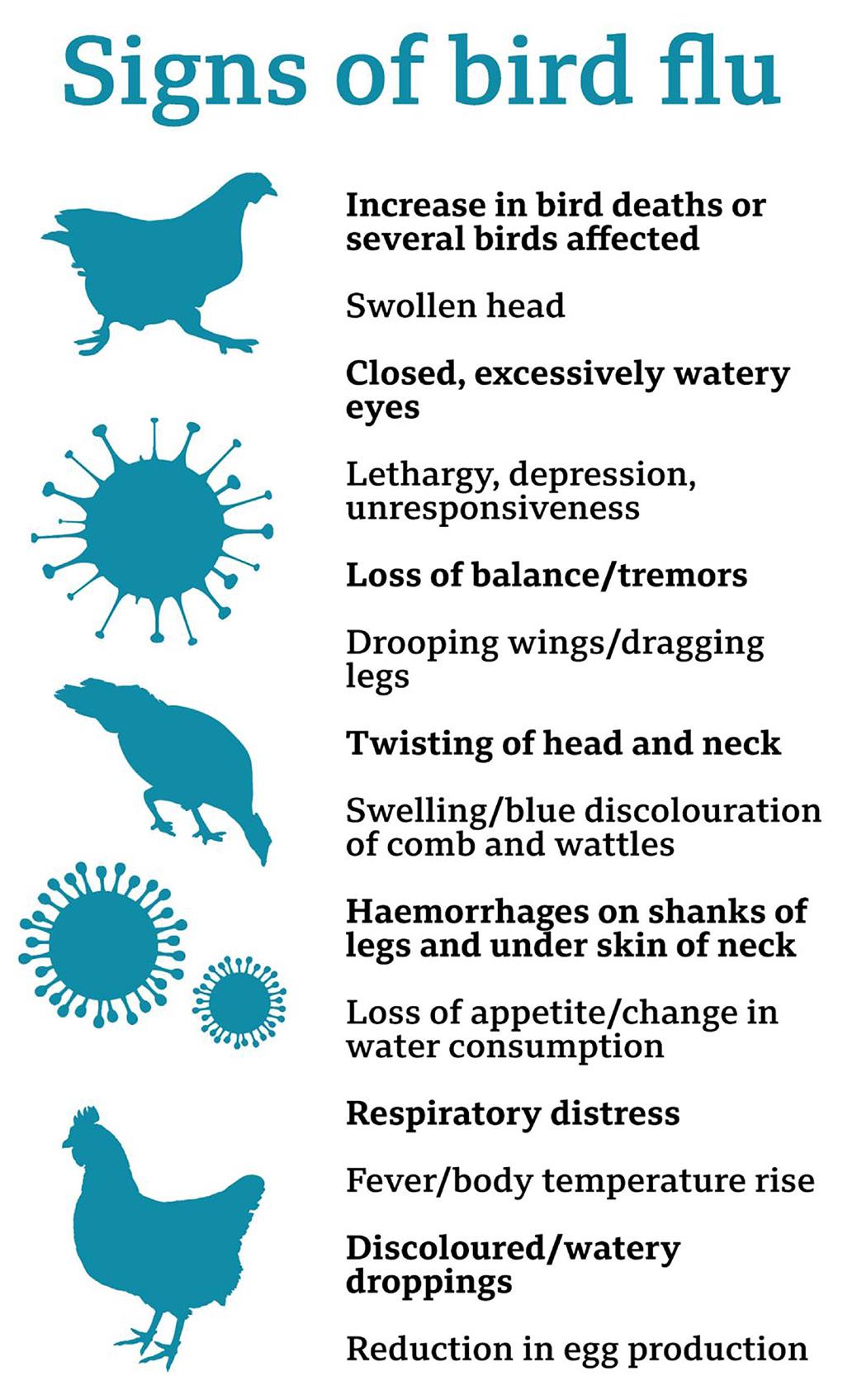
8 MEATBUSINESSPRO May 2024 meatbusinesspro.com
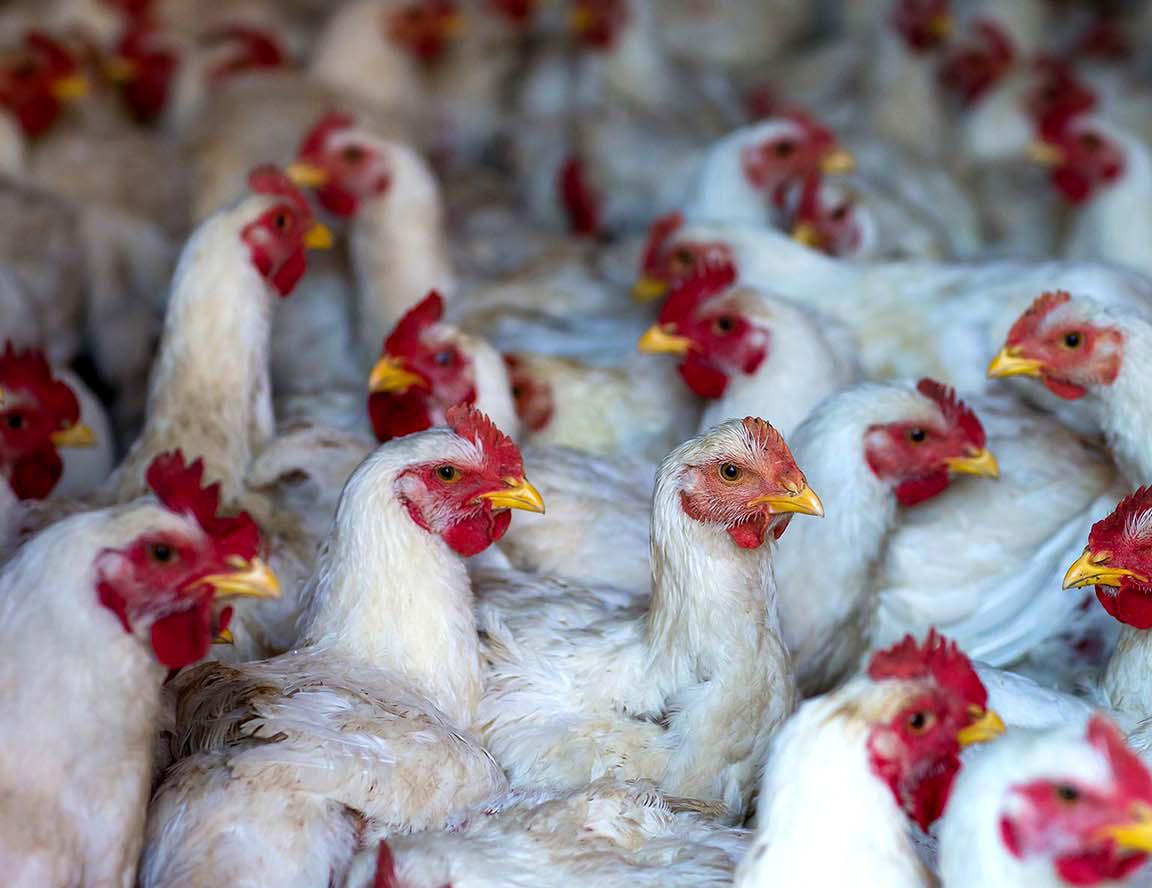
ONGOING SURVEILLANCE NEEDED
NSF INTERNATIONAL FOCUSES ON CANADIAN FOOD INDUSTRY WITH NEW WEBSITE FOR SERVICES IN CANADA
Because of the potential for influenza viruses to constantly change, continual surveillance and preparedness efforts are critical, and CDC is taking measures to be ready in case the current risk assessment for the general public changes. The immediate goal is to prevent further spread of this virus between animals and people. CDC will continue to monitor these viruses and update and adjust guidance as needed.
Global public health organization showcases services for Canada’s growing and fast-changing
CDC RECOMMENDATIONS
and complex food and beverage industry easy access to the global public health organization’s expertise and services in Canada. The website combines information on the depth, experience and capabilities of the NSF International Canadian office with access to NSF International’s global services dedicated to food safety and quality.
Evolving regulations across countries and increasing complexities associated with a globalized food supply network present challenges for NSF International clients in Canada and around the world. The new Canadian website offers expertise and services to help companies navigate these challenges, including certification and auditing, consulting, technical services, training and education, food and label compliance, packaging, and product and process development.
NSF International’s Canadian website provides information on the following services:
CDC updated the H5N1 Technical Report in late April to include new human cases of A(H5N1) reported globally and recent activity in wild birds, poultry, and other animals, including the multistate outbreak in U.S. dairy cattle and other animals. The report also has updated information on monitoring for A(H5N1) virus infections in people in the United States; no additional human cases have been detected in the U.S. It concludes that the risk to the general public remains low at this time. CDC has interim recommendations for prevention, monitoring, and public health investigations of A(H5N1) virus infections in people. CDC also has updated recommendations for worker protection and use of personal protective equipment (PPE), which were recently expanded to reduce their risk of exposure. Following these recommendations is central to reducing a person’s risk, and containing the overall public health risk.
Certification & auditing: Third-party food safety audits and certifications, which are integral components of supplier selection and regulatory compliance. Accurate
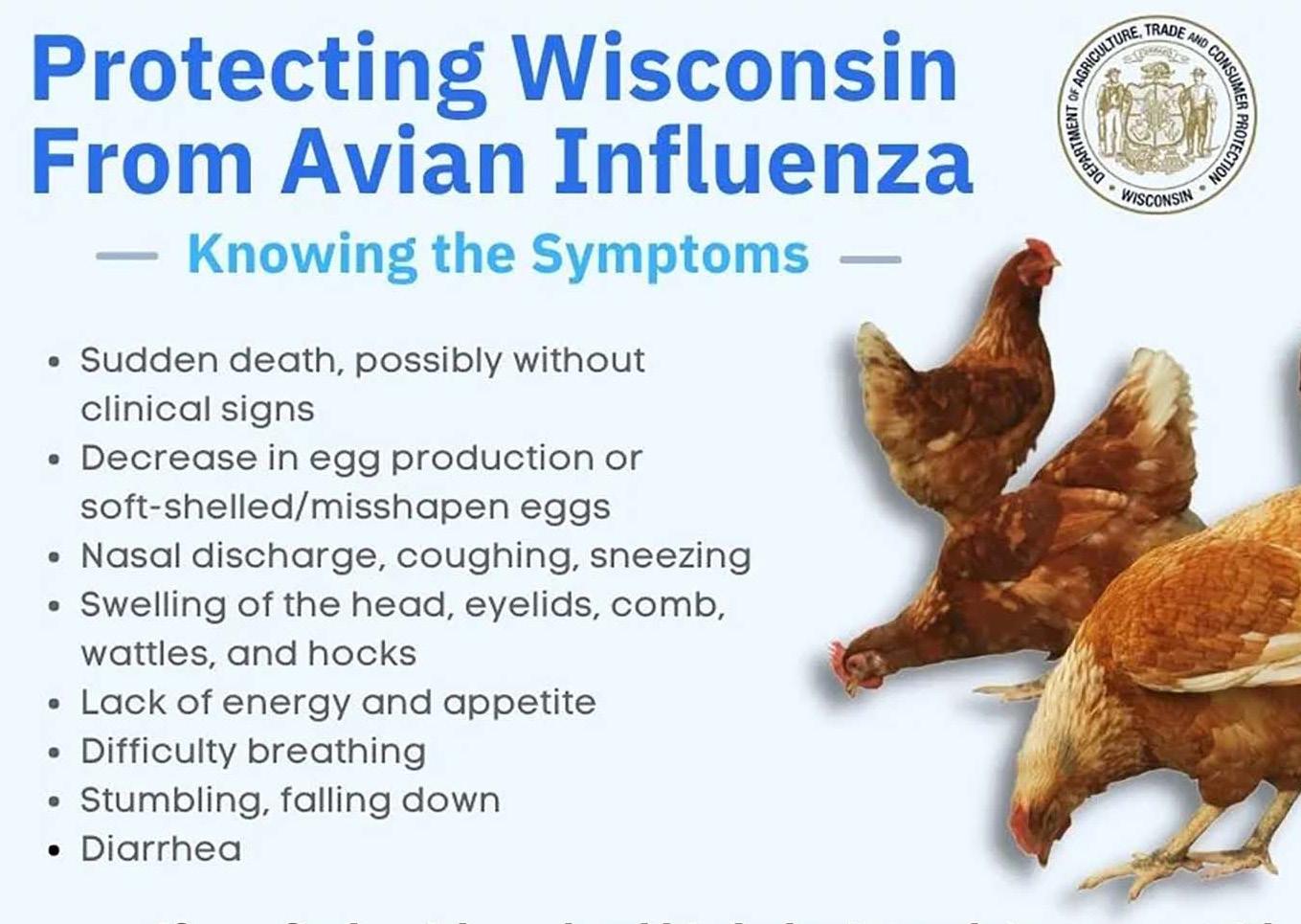
safety services capabilities video, find a list of Canadian food experts, learn about upcoming events and global news releases, submit a question or read an FAQ.
technical resources, expertise and insight for a wide range
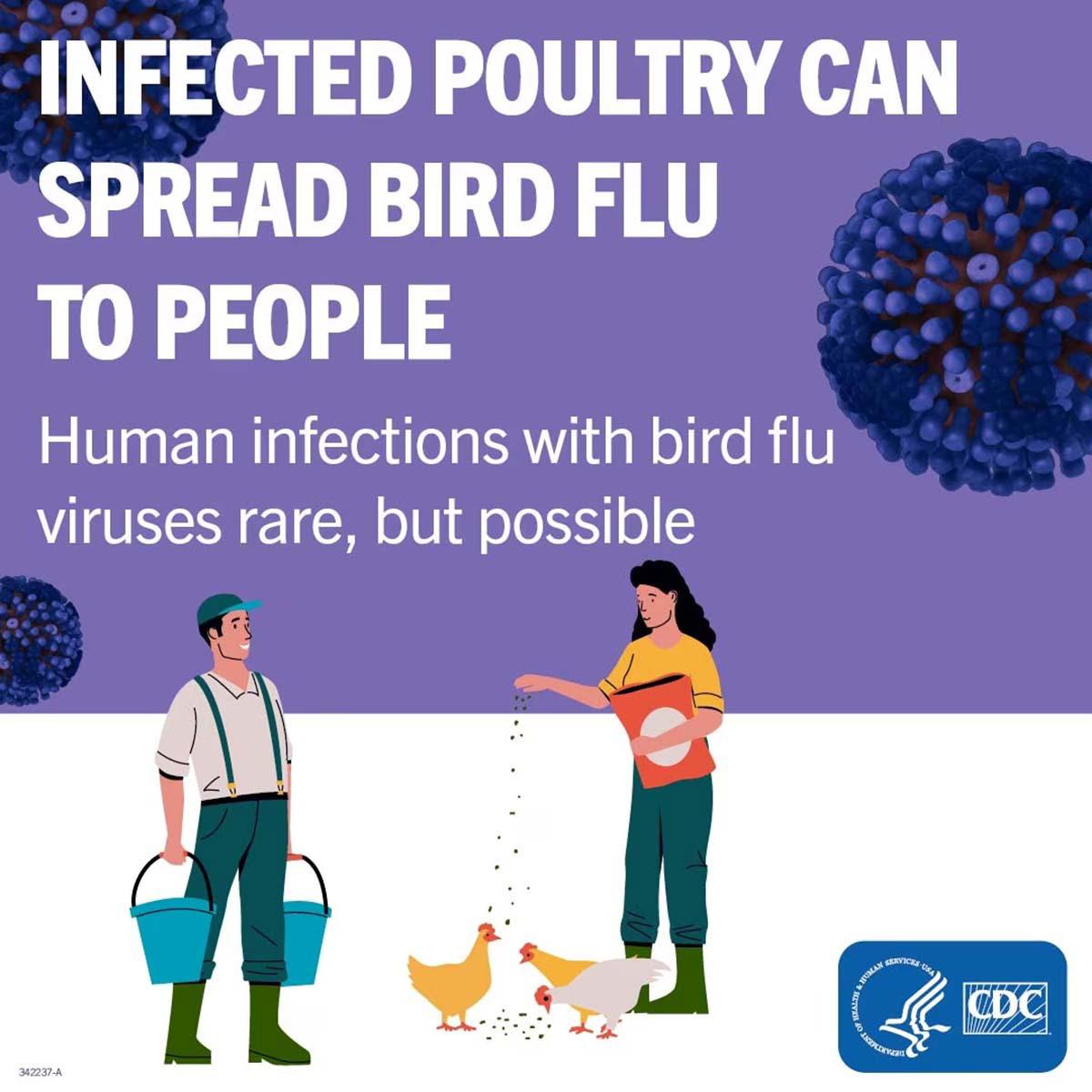
and beverage industry across the supply chain as an

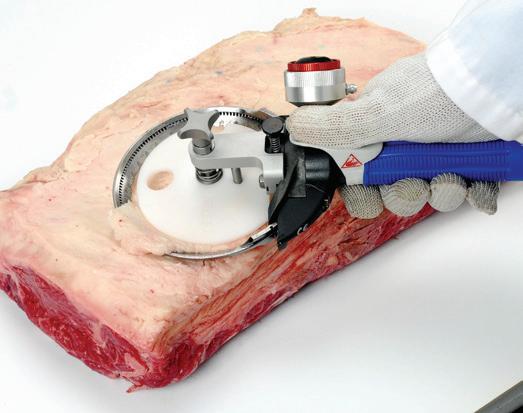









9 meatbusinesspro.com May 2024 MEATBUSINESSPRO
September/October 2017 CANADIAN MEAT BUSINESS 23 meatbusiness.ca YesGroup_CanadianMeatBusiness-Qtr-pg.pdf 1 2014-05-16 1:20:17 PM
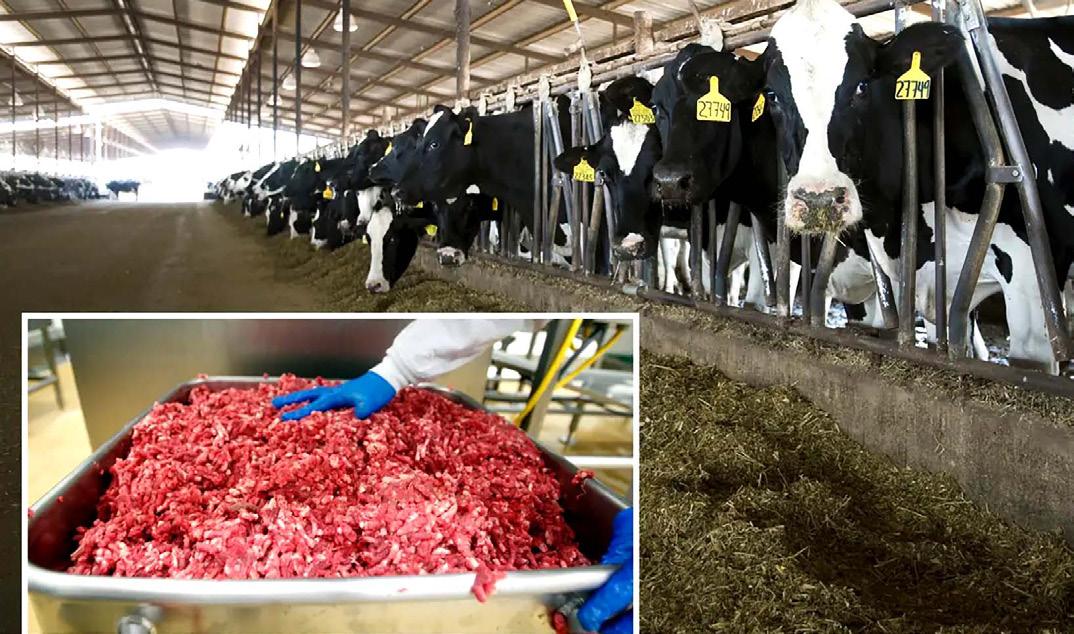
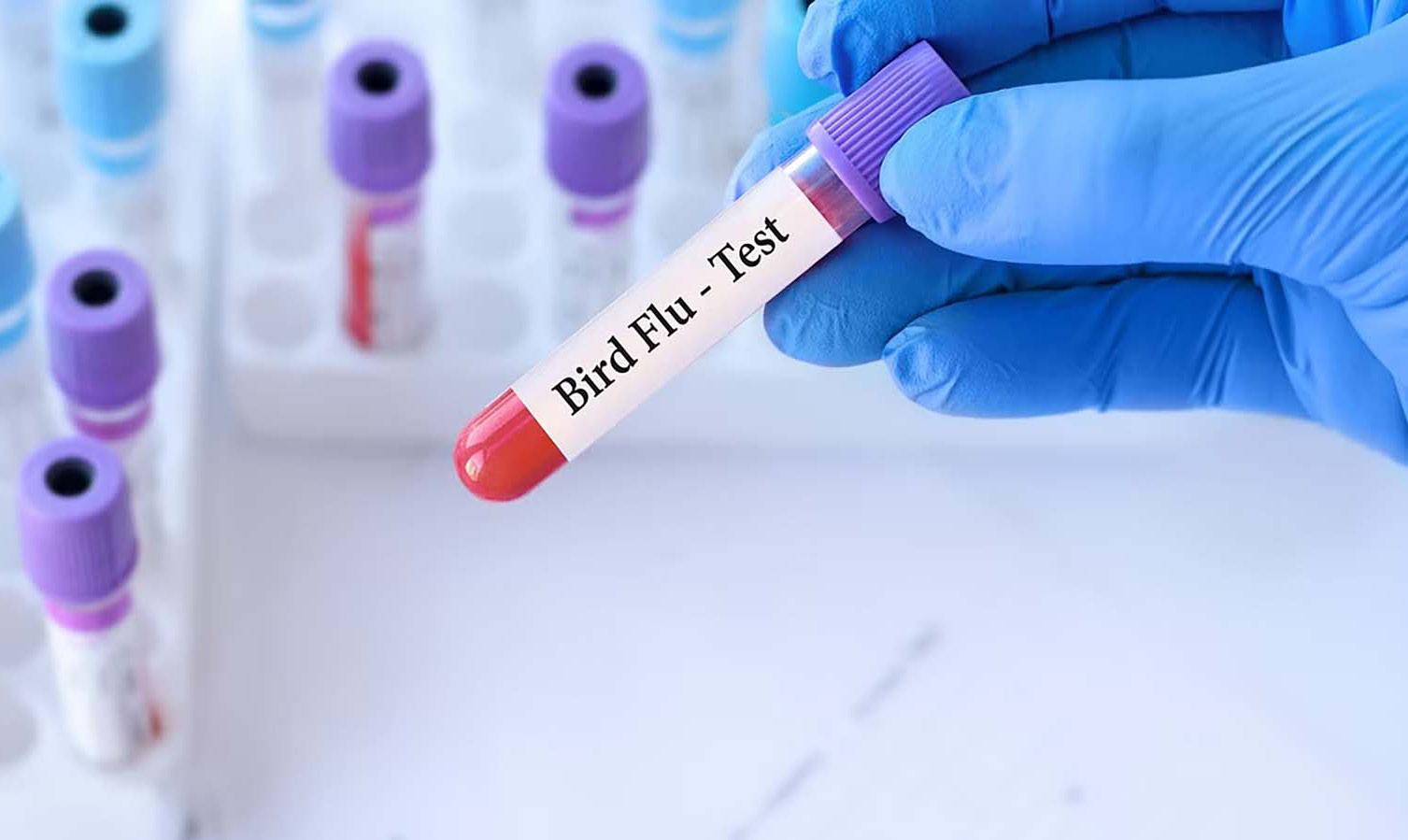

GROUND BEEF SAMPLES IN U.S. TEST NEGATIVE FOR BIRD FLU VIRUS
The U.S. Department of Agriculture (USDA) reaffirmed the country’s meat supply is safe in early May following a first round of ground beef samples that tested negative for bird flu.
The agency announced that it would test the beef supply for H5N1 following the recent outbreak of avian flu in dairy cows, some of whom were slaughtered for meat.

In late April, the USDA collected 30 samples of ground beef from retail outlets in herds where the bird flu virus was detected in cows. H5N1 has been detected in nine states, including Idaho, Kansas, Michigan, New Mexico and Texas. The agency assessed the ground beef samples using polymerase chain reaction (PCR) tests at its National Veterinary Services Lab and determined no virus particles were present in any of the samples.
Highly Pathogenic Avian Influenza can be transmitted by wild birds to domestic poultry and other bird and animal species, according to the FDA. Bird flu does not normally infect humans, though sporadic infections in people have occurred.
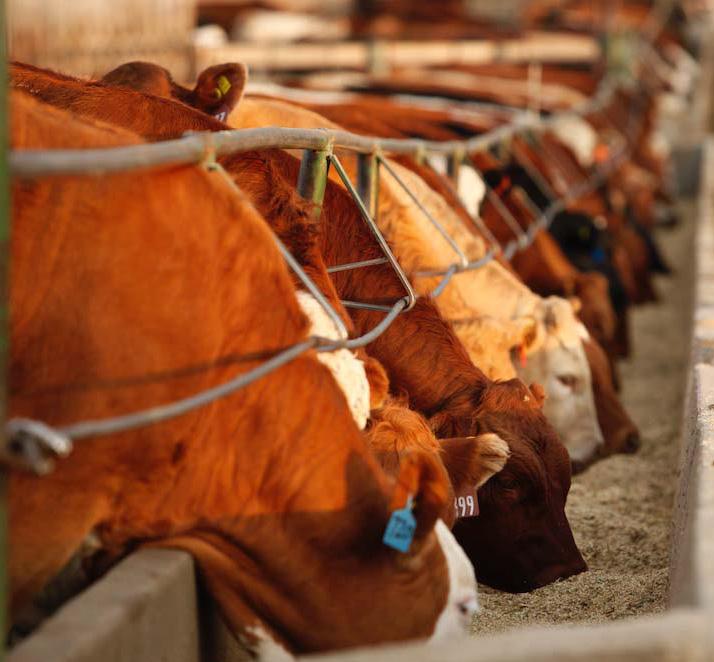
the slaughter facilities it inspects.
The USDA said its Food Safety and Inspection Service veterinarians are present at all federal livestock slaughter facilities to inspect every animal before and after it is slaughtered to determine if it is safe to enter the human food supply.
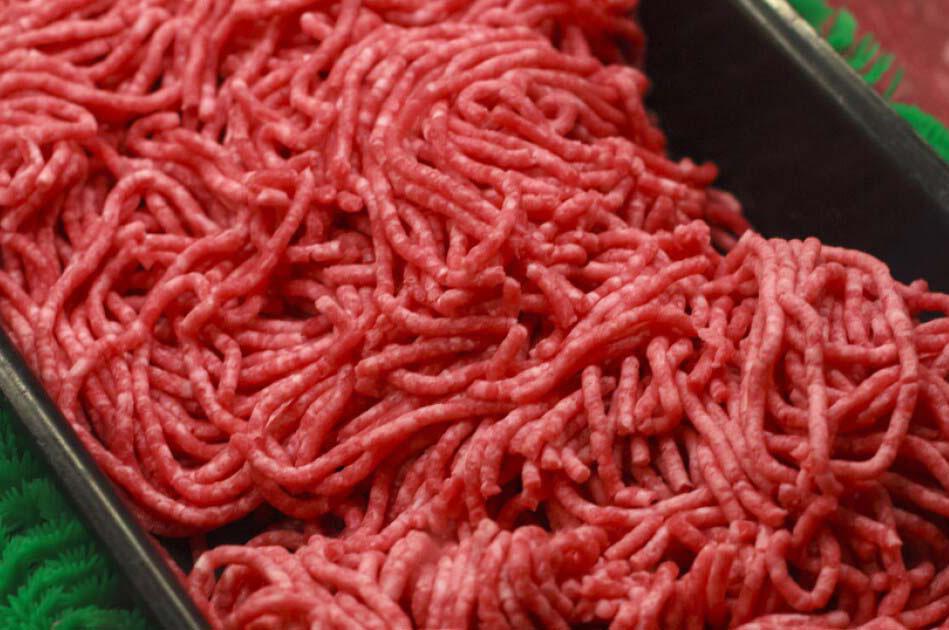
10 MEATBUSINESSPRO May 2024 meatbusinesspro.com

The agency will also conduct a beef cooking study using a so-called virus surrogate to see how cooking at different temperatures affects virus reduction. It recommends consumers always properly handle raw meats and cook them to a safe internal temperature to kill bacteria and viruses.
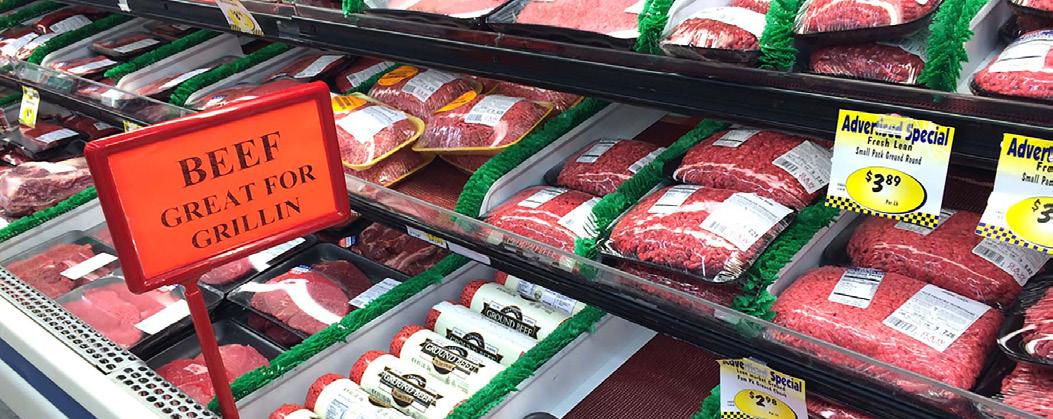
The USDA tests follow last week’s FDA finding that the milk supply was safe, despite 20% of commercial milk samples testing positive for bird flu fragments. Both the FDA and the USDA said pasteurization and the diversion or destruction of milk from sick cows has kept the U.S. milk supply safe.
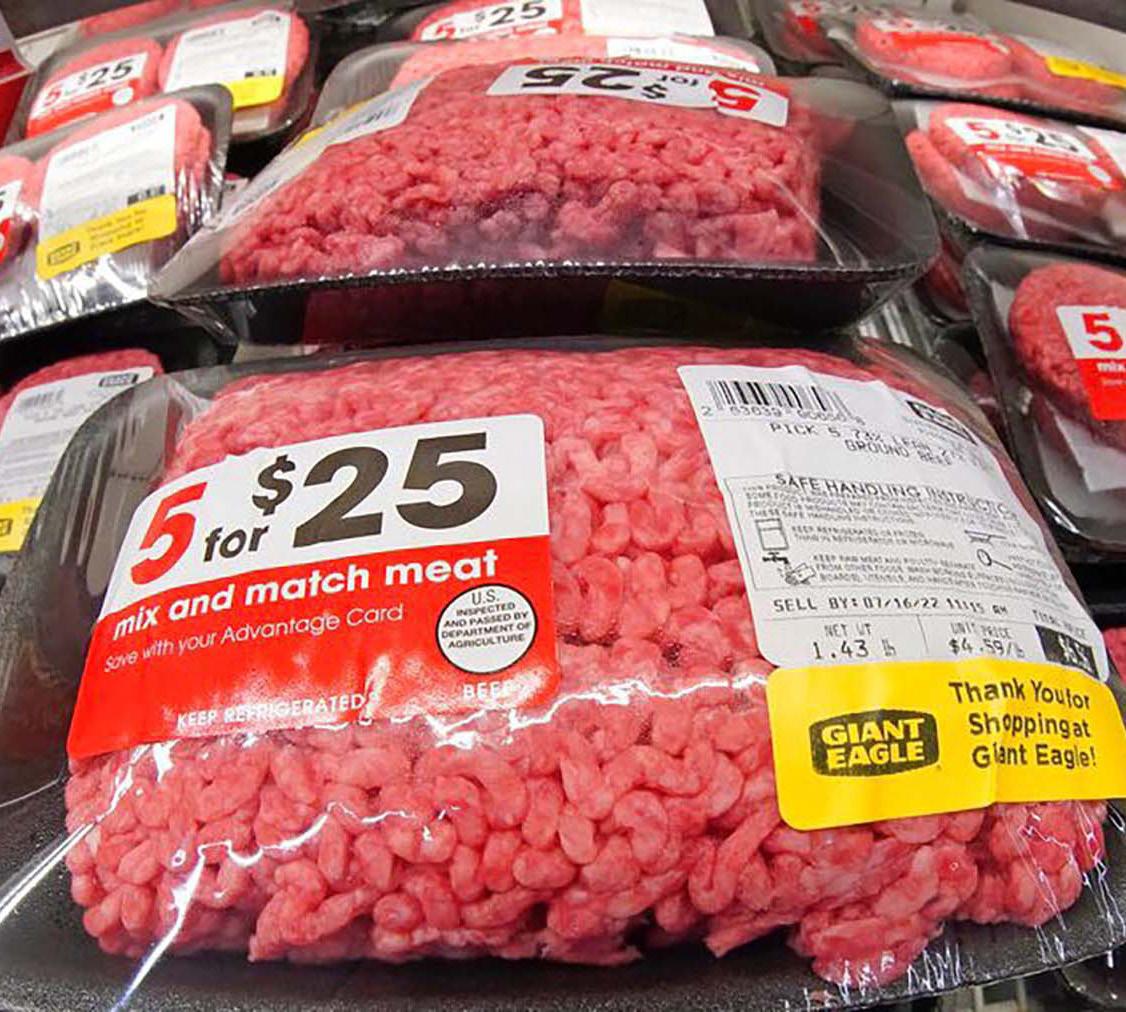
For more information, visit https://www.usda.gov/


11 meatbusinesspro.com May 2024 MEATBUSINESSPRO
VEMAG REPLACEMENT PARTS
https://www.dhenryandsons.com


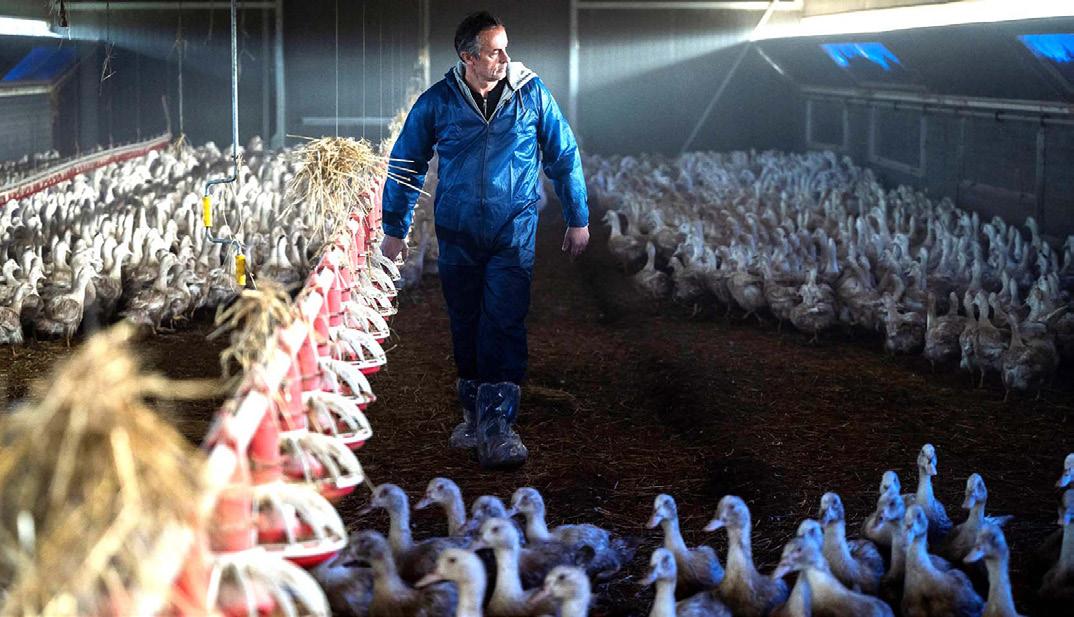
CANADA EXPANDING SURVEILLANCE FOR AVIAN FLU
The Canadian government is expanding its surveillance program for a form of avian flu amid a growing outbreak in U.S. dairy cattle.
Fragments of highly pathogenic avian influenza have been detected in pasteurized milk sold in the U.S. and a statement from Canada's health agencies says lactating dairy cattle being imported from the United States will now require negative tests.
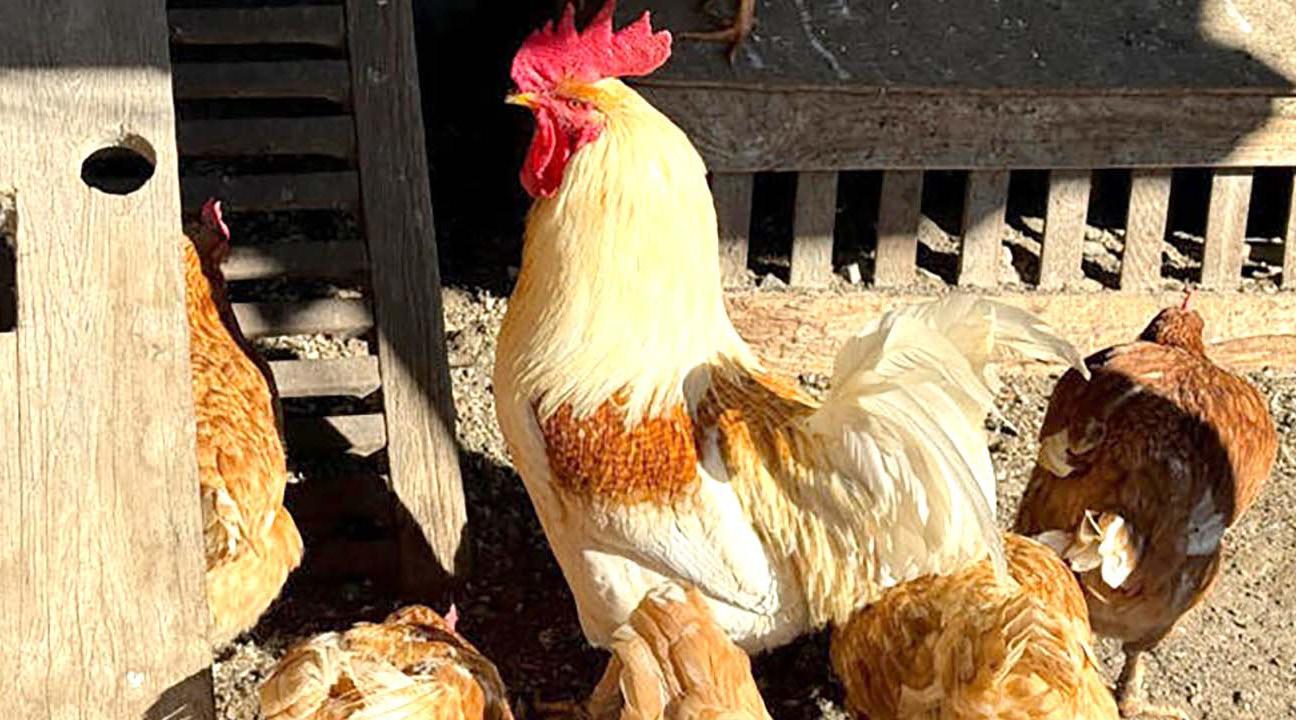
The statement says officials will be conducting enhanced testing of milk at the retail level to look for viral fragments.
It says voluntary testing will also be available for cows that are not presenting with clinical signs of HPAI, as part of “enhanced industry biosecurity efforts.”
The U.S. Food and Drug Administration said last week about 20 per cent of milk samples from across the country tested positive for fragments of avian flu.
The Canadian statement says commercially sold milk and milk products remain safe to consume and pasteurization of dairy products is effective in inactivating the virus that causes HPAI, even when fragments of the virus remain.
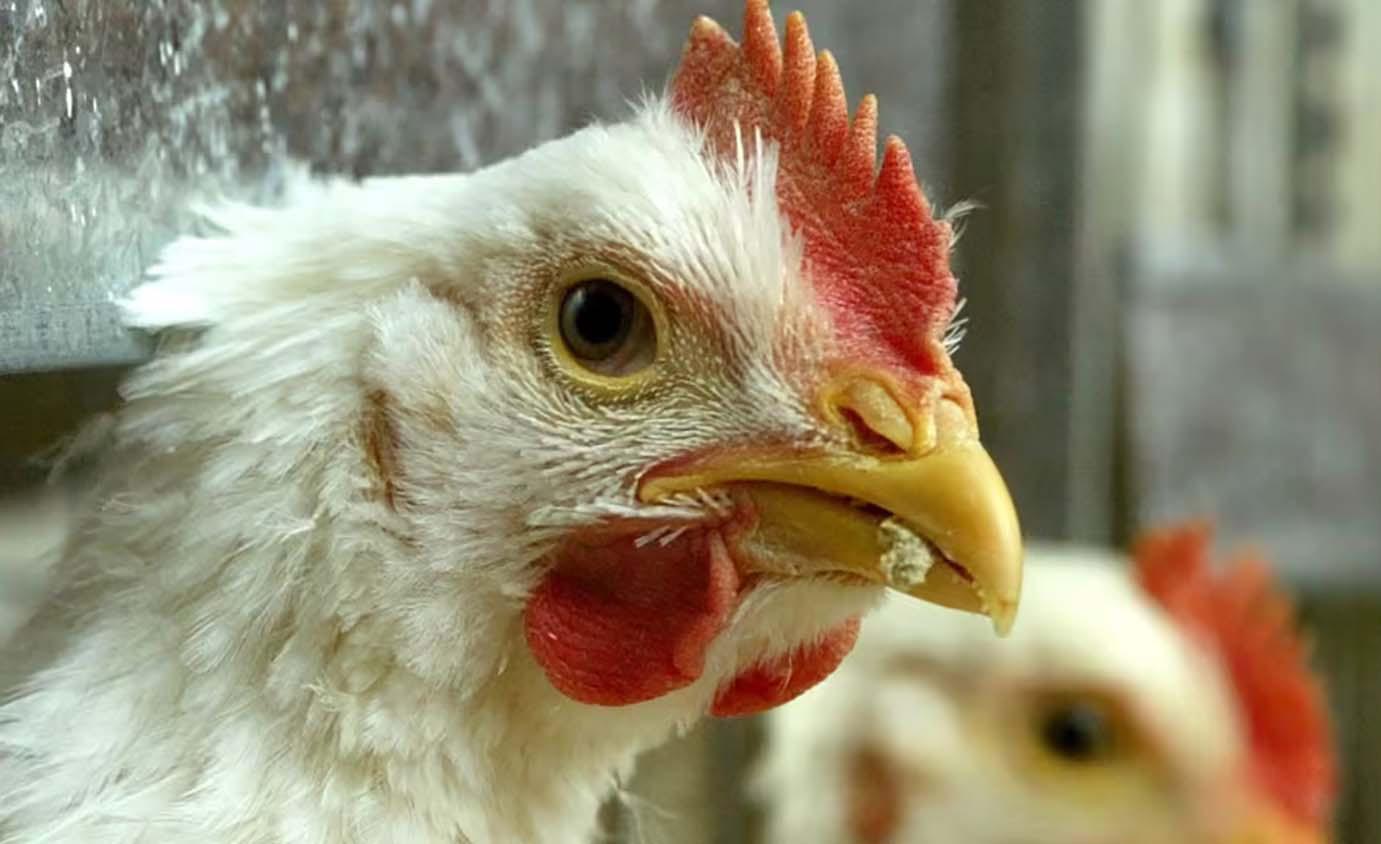
It says if officials become aware of any potential food safety or animal health risks, immediate actions will be taken to help protect Canada's food supply and livestock.
“While the risk of transmission to humans remains low, the Government of Canada, the provinces and territories, as well as our colleagues in the United States, are working together to actively monitor, prepare and respond as necessary to this evolving situation to help safeguard Canada's cattle and protect the health of people in Canada,” the statement says.

Report provided by Canadian Press
12 MEATBUSINESSPRO May 2024 meatbusinesspro.com

https://www.beaconmetals.com
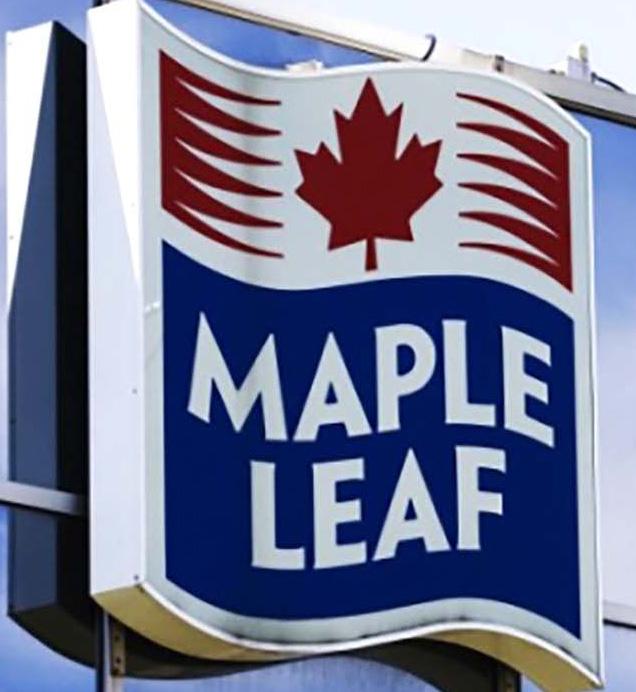

MAPLE LEAF REPORTS PROFITS AS MARKETS SHOW SIGNS OF IMPROVEMENT
Pork markets are showing signs of improvement, said Maple Leaf Foods Inc. chief executive Curtis Frank, helping the company achieve a profit in its first quarter compared with a year ago even as sales edged lower.
“Pork markets, while still compressed, now appear to be starting to show the sequential improvement that we expected in time,” Frank said in a recent call with analysts.
He said in the earnings release that the company expects that momentum to continue building.
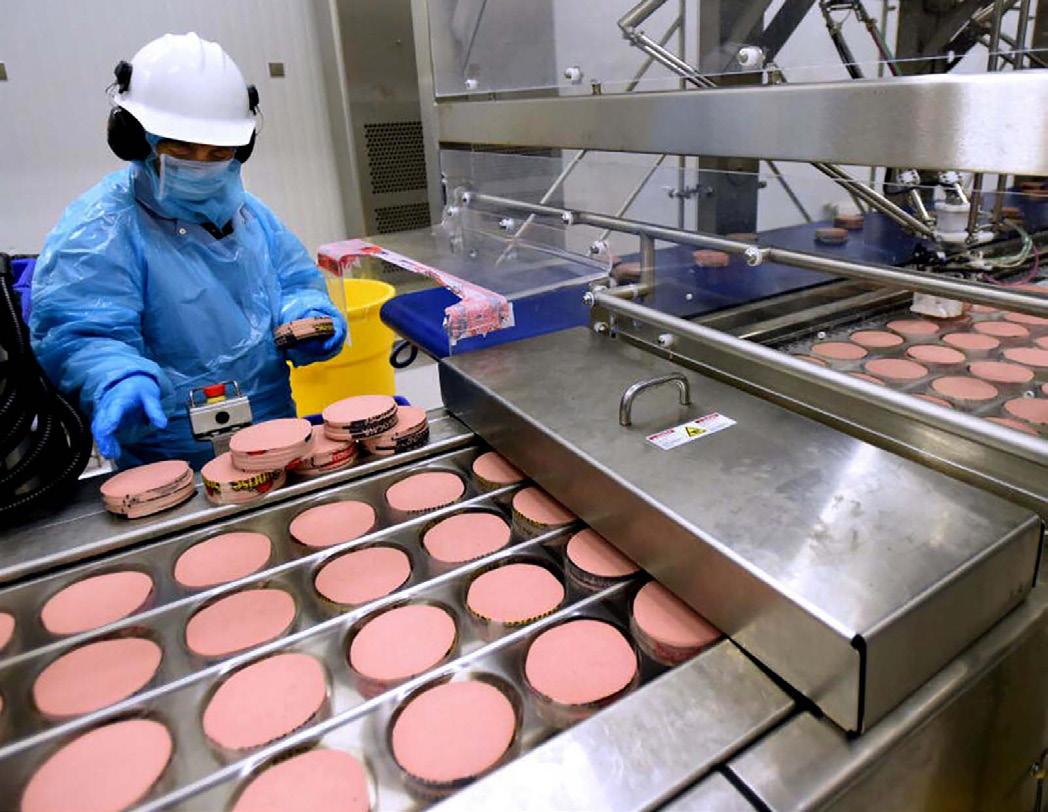
The company says its profit amounted to $51.6 million or 42 cents per share for the quarter ended March 31 compared with a loss of $57.7 million or 48 cents per share a year earlier. It said net earnings were positively affected by lower feed costs, operating efficiencies, and other factors.

Gross profit for the first quarter increased to $226.3 million with a gross margin of 19.6 per cent, compared with $76.4 million and a gross margin of 6.5 per cent a year ago. The improvement was driven by easing pork market headwinds and other factors, the company said.
SALES TOTALLED $1.15 BILLION, DOWN FROM $1.17 BILLION IN THE SAME QUARTER LAST YEAR.
The small decline in sales was mostly because of “sourcing decisions to reduce outside purchases in poultry and pork, impacting sales in the short term while setting us up to deliver on our plans moving forward,” said Frank in the release.
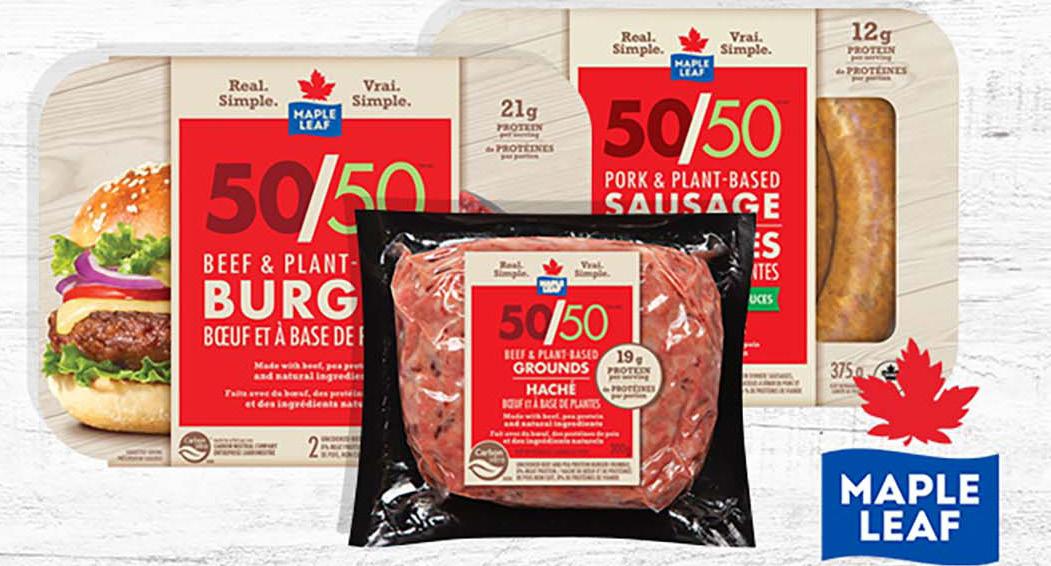
14 MEATBUSINESSPRO May 2024 meatbusinesspro.com

“It’s important to note that this modest decline is not reflective of the underlying health and performance of our business,” he said on the call.
The company saw sales growth return to its prepared meats business during what’s traditionally a seasonally weaker quarter, said Frank.
The company says sales in its prepared foods operating unit fell 0.4 per cent compared with a year ago, with prepared meat sales up 2.9 per cent offset by a 5.7 per cent drop in plant protein and a 7.1 per cent decline in poultry sales compared with last year.
Pressure on the plant protein category has continued, said Frank, adding the company is focused on “stimulating category growth” by planning new product innovation and improving upon existing product offerings.

On an adjusted basis, Maple Leaf Foods says it earned four cents per share in its latest quarter compared with an adjusted loss of 12 cents per share a year earlier. That was partially due to a strategic decision by the company to purchase and process fewer external hogs than last year, said Frank.
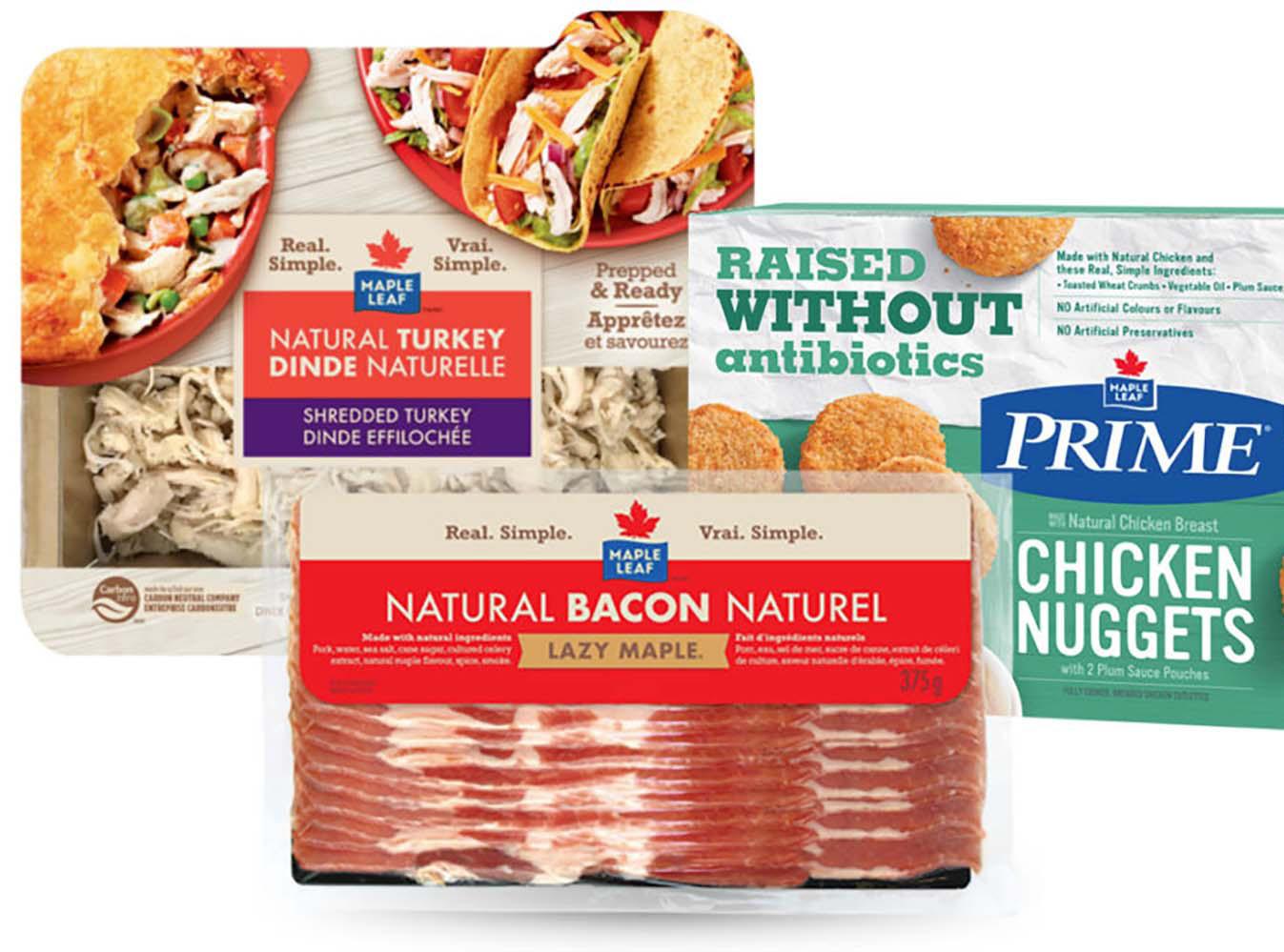
THE RESULTS WERE IN LINE WITH THE COMPANY’S EXPECTATIONS, SAID FRANK.
Last quarter, Maple Leaf announced it was combining its meat protein and plant protein businesses into one. Because of that, it’s now reporting its business segments differently “as a consolidated protein company” with two operating units, prepared foods and pork.
The company says it expects low-to-mid single-digit revenue growth in 2024.
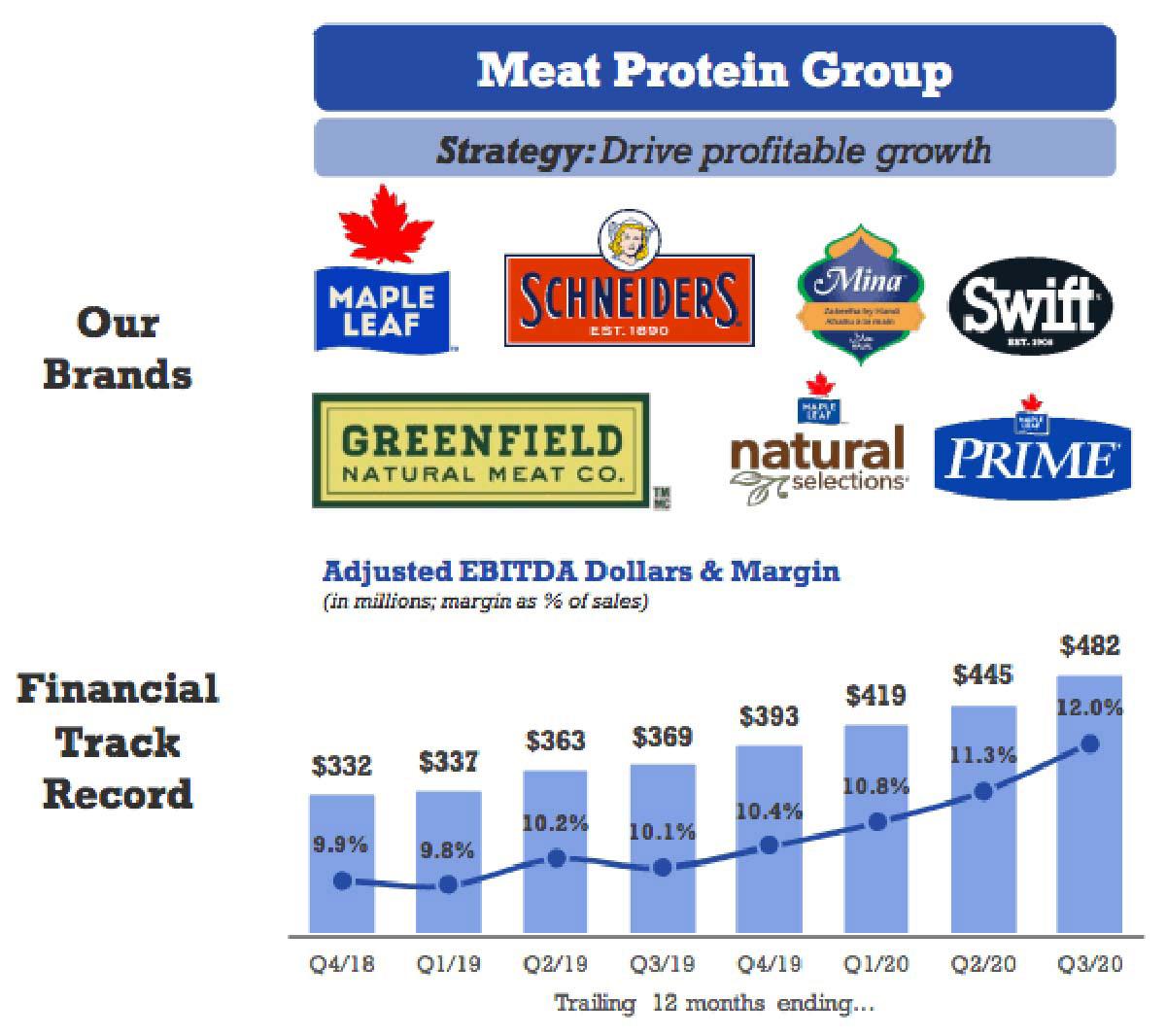
Article courtesy of Canadian Press
15 meatbusinesspro.com May 2024 MEATBUSINESSPRO
UNIT
PORK OPERATING
SALES FELL 4.5 PER CENT COMPARED WITH THE FIRST QUARTER OF 2023.
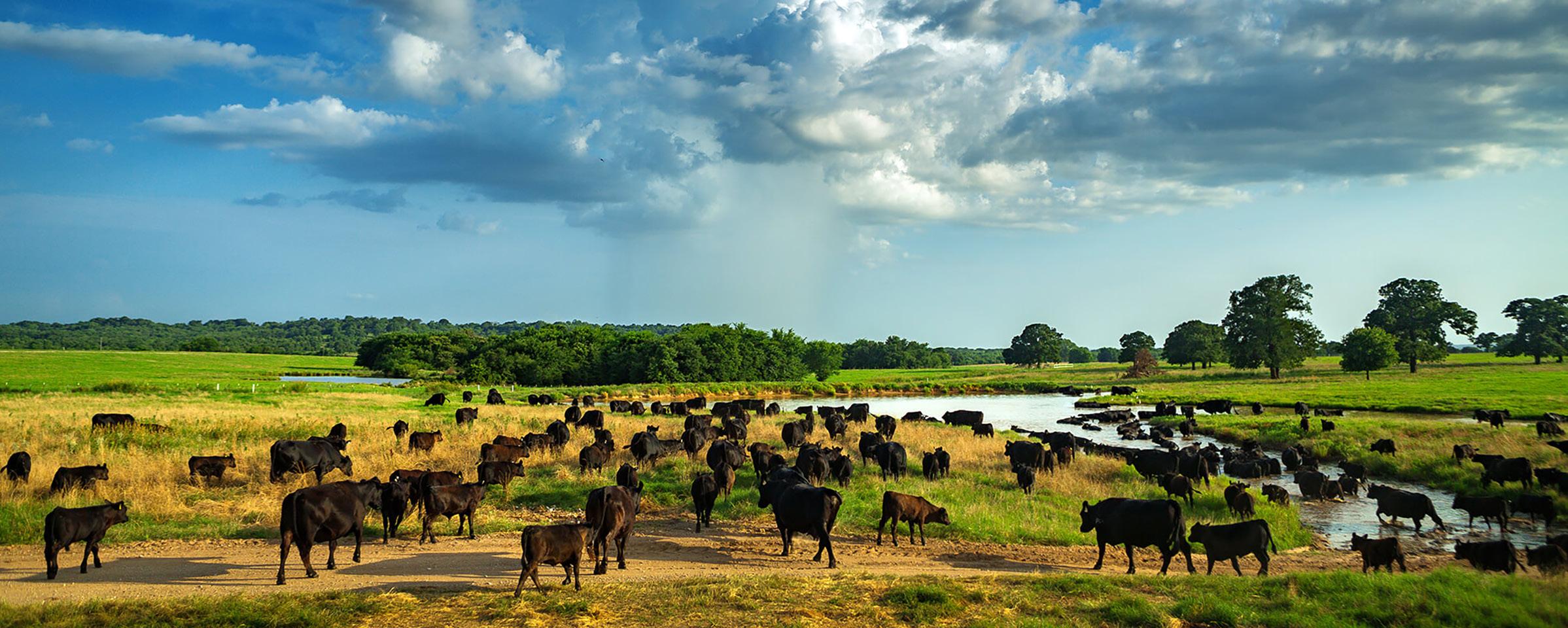

SCHOLARSHIP APPLICATIONS OPEN FOR 2024
CANADIAN BEEF CHECK-OFF AGENCY AWARD
It is no surprise that Canada’s beef industry continues to focus on the engagement of young entrants into the beef industry, whether that be grassroots producers, future leaders of our national and provincial organizations, or industry partners along the value chain.
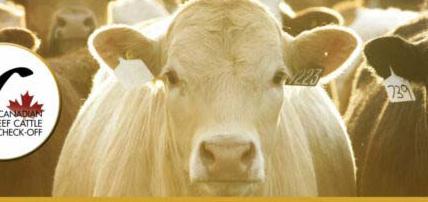
The Canadian Beef Check-Off Agency (the Agency) continues to diversify its youth strategy with the renewal of the annual scholarship, aimed at students who intend to make an impact in Canada’s beef industry.
The scholarship is open not only to beef producers and those directly involved with their families, but it is open to students who can see unique ways to make an impact through marketing, research, public engagement, and other areas where check-off dollars are invested to generate value for the beef industry in Canada.
“We’re so grateful to have the opportunity to help young people stay interested and engaged in the beef industry through the continuation of our scholarship,” said Jeff Smith, Agency Chair. “There are so many ways that our industry can grow, and ensuring that we are attracting fresh, bright minds to beef in Canada is so important.”
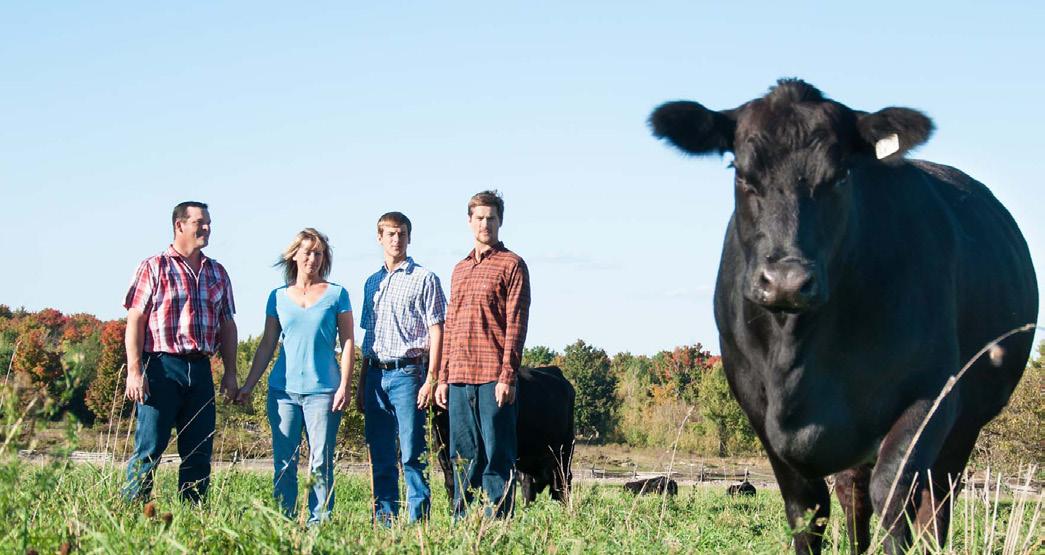
Julie Mortenson, the Agency’s Youth Member and member of the scholarship committee, sees value in the extensive range of career paths that can help shape Canada’s beef industry.
“Last year we had over 20 applicants in a wide range of industry sectors, and we were so impressed by all of the applications”, said Mortenson. “We are really excited to be able to offer this scholarship to students who will impact the beef industry in Canada from a variety of different angles; it could be from a production side, a research angle, or even an environmental or human health path.”
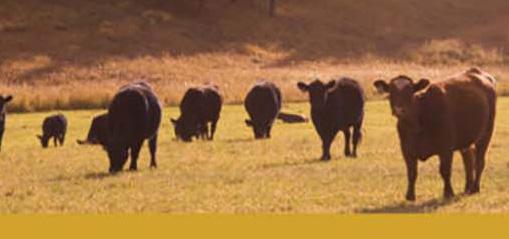
16 MEATBUSINESSPRO May 2024 meatbusinesspro.com
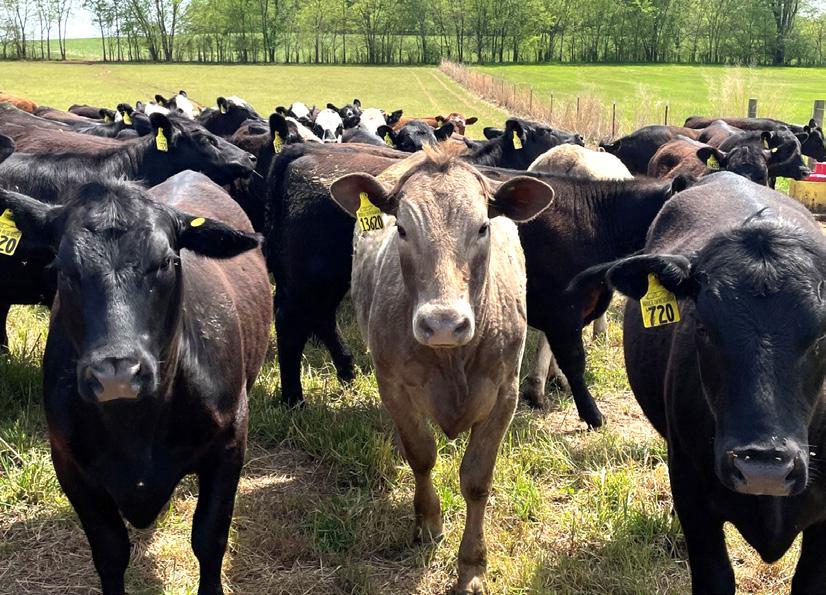
DF: Yes, I think we were the first farm east of Ontario as far as I understand.
While preference may be given to applicants who are beef producers or have a background in agriculture, it is not a requirement for the scholarship.
I’m not sure why the eastern associations wouldn’t have previously nominated anybody because there are many farms here on PEI doing every bit as much as we are as to attain a high level of sustainability. Anyway, we were very surprised when the PEI Cattleman’s Association nominated our farm.
CMB: And then you were attending the Canadian Beef conference in Calgary and you won.
Applicants are asked to submit a 1-2 minute video, showcasing their desire to improve and grow Canada’s beef industry in a unique way. The investment of the beef check-off in Canada delivers value to the beef industry, and the scholarship seeks to support those who want to make an impact in the same way.
DF: Yeah! That was a very nice moment for us. But I don’t like to use the word win actually. However, being recognized for our commitment was a real honour. If you want to know the truth, it was a pretty humbling experience. As I said to CBC when they
The deadline for scholarship applications is June 30, 2024 and the selected applicant will be announced at the Agency’s AGM in August 20, held in collaboration with the Canadian Beef Industry Conference in Saskatoon.
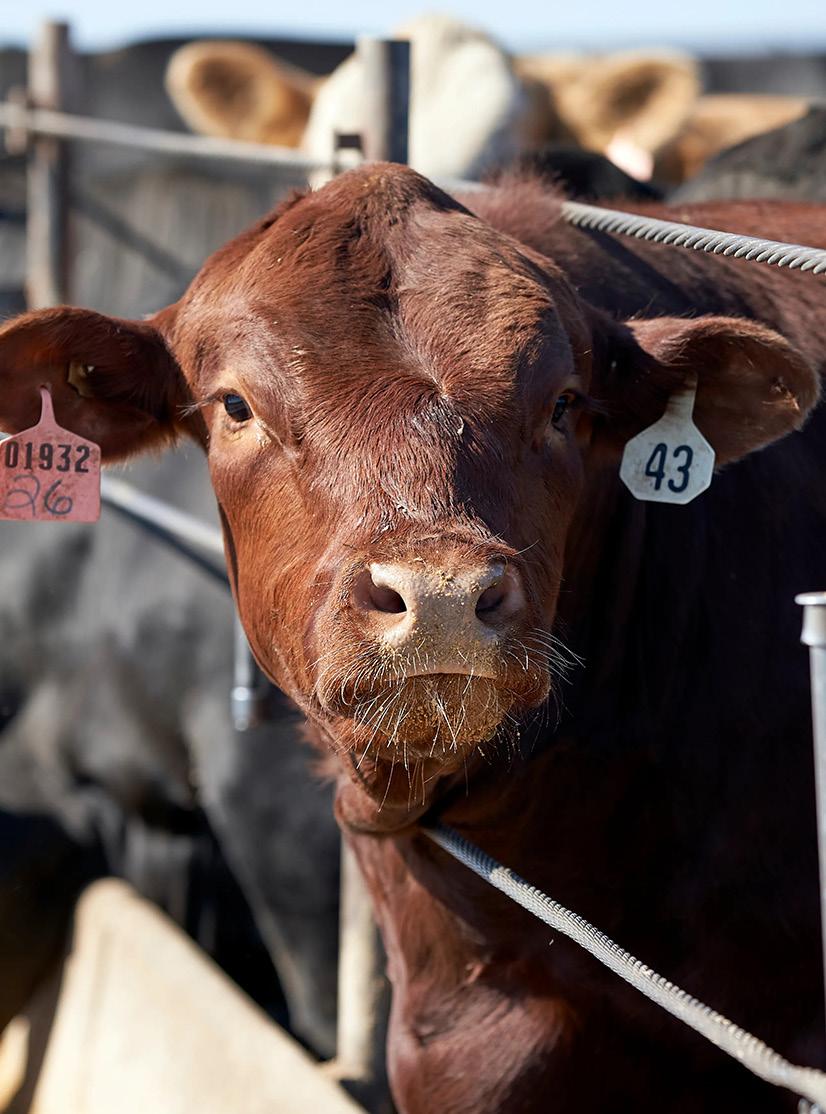
For more information, visit www. cdnbeefcheckoff.ca/scholarship.

https://www.yesgroiup.ca
17 meatbusinesspro.com May 2024 MEATBUSINESSPRO September/October 2017 CANADIAN MEAT BUSINESS 17 meatbusiness.ca
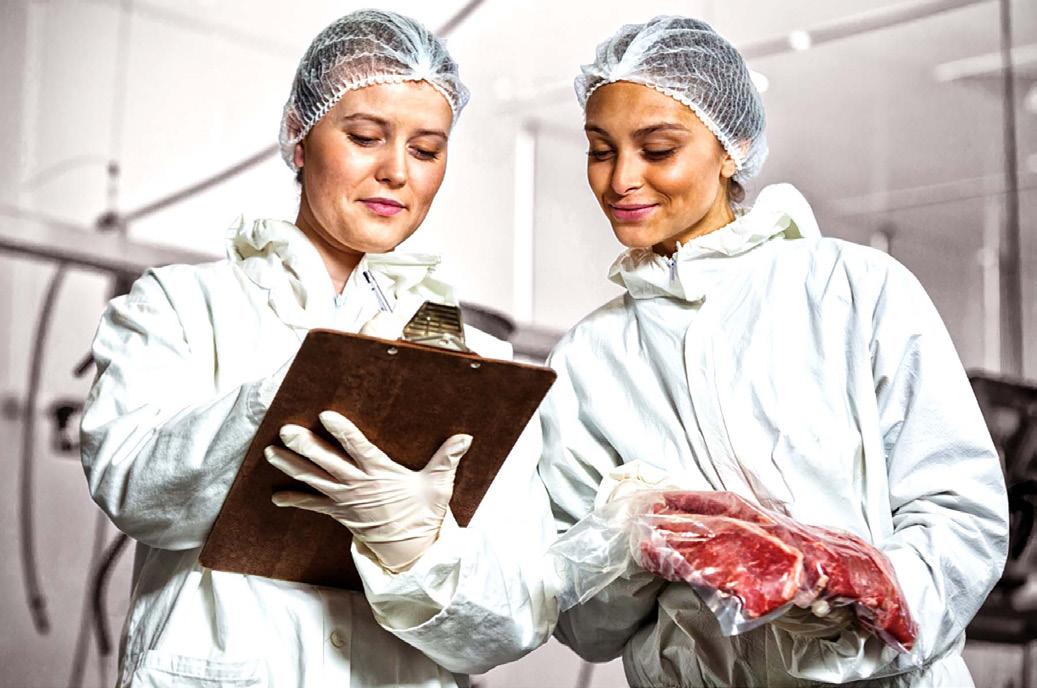
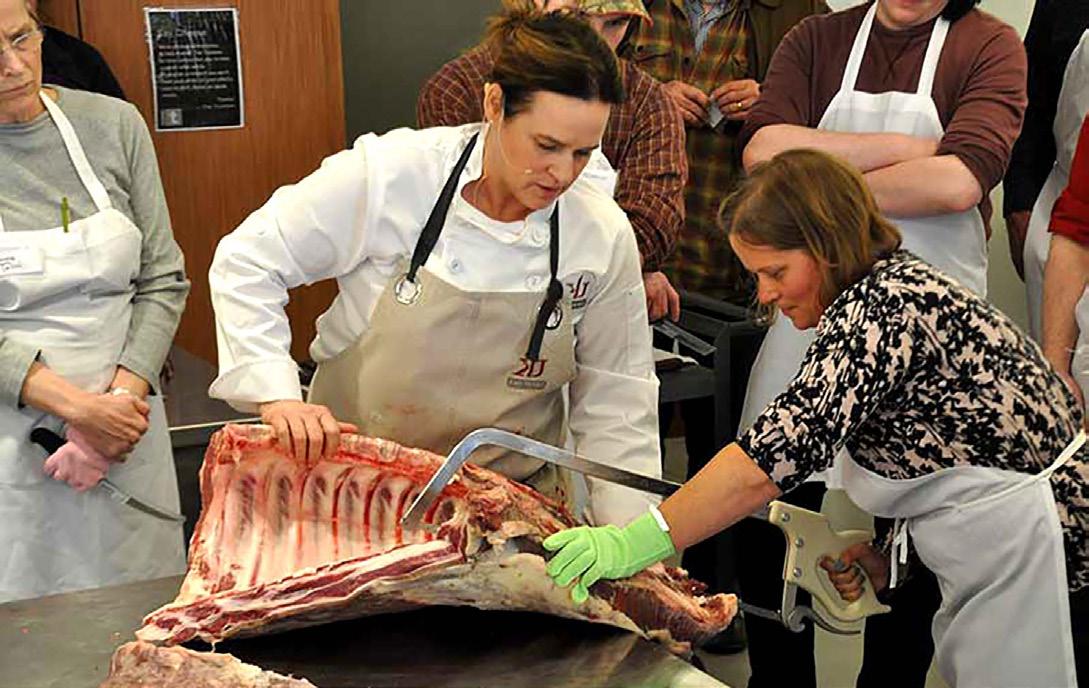
INDUSTRY VETERAN TAPPED TO LEAD WOMEN’S MEAT GROUP
Incredible growth of membership and services offered through the Women’s Meat Industry Network creates a need to hire the first executive director.
The Women’s Meat Industry Network (WMIN) announced that it hired Sharon K. K. Beals as the group’s first executive director. Recent growth has accelerated demand for WMIN’s services beyond what the volunteer board of directors, who helped officially launch the organization to members in January 2022, can administer alone.
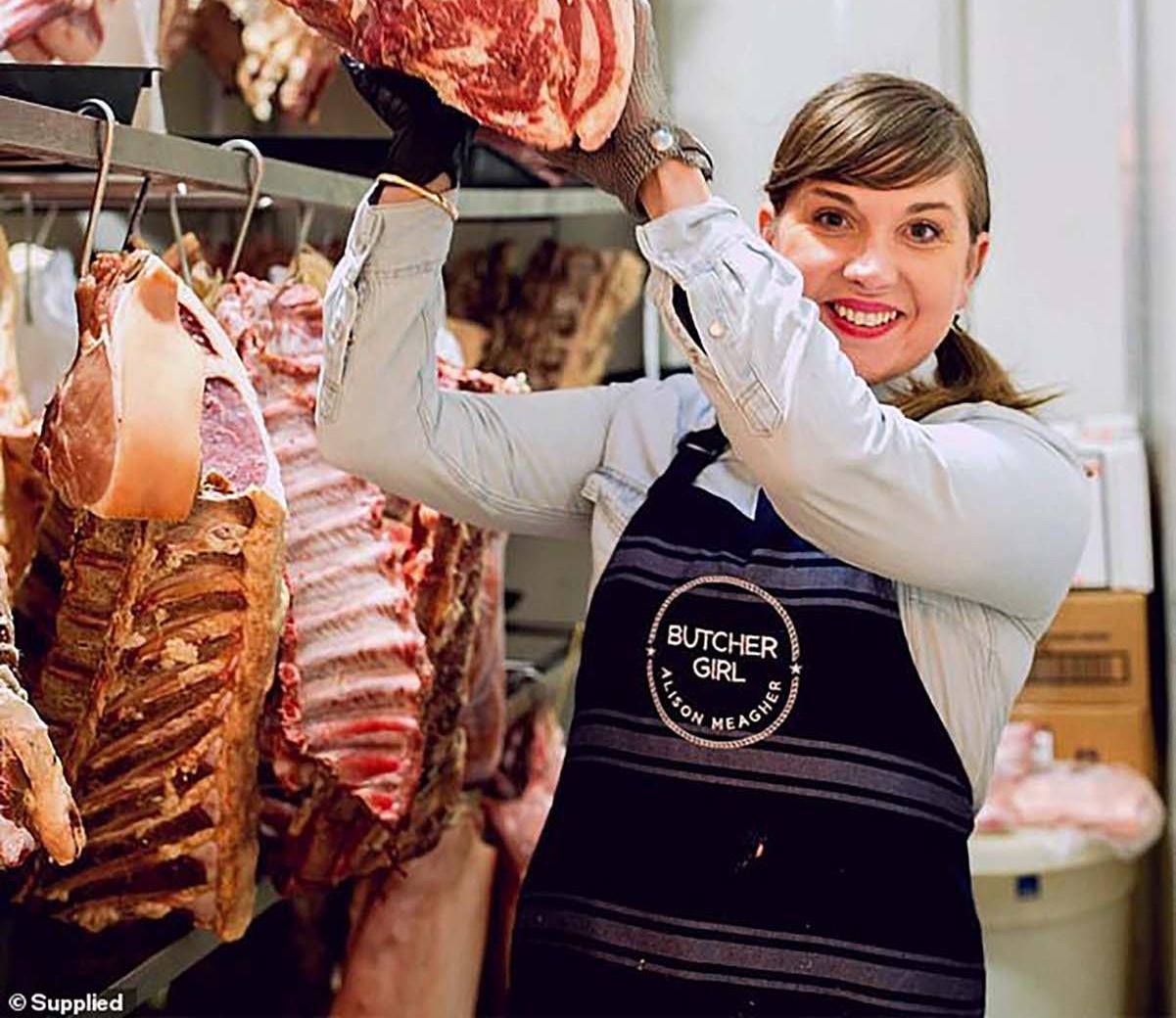
There are currently more than 1,509 WMIN members across the United States. WMIN exists to ‘make achieving the powerful benefits of gender diversity a shared goal in the meat and poultry industries.’ The group works to accomplish its mission through free membership and programming, which offers meaningful and relevant networking and skills development for members at all career stages.
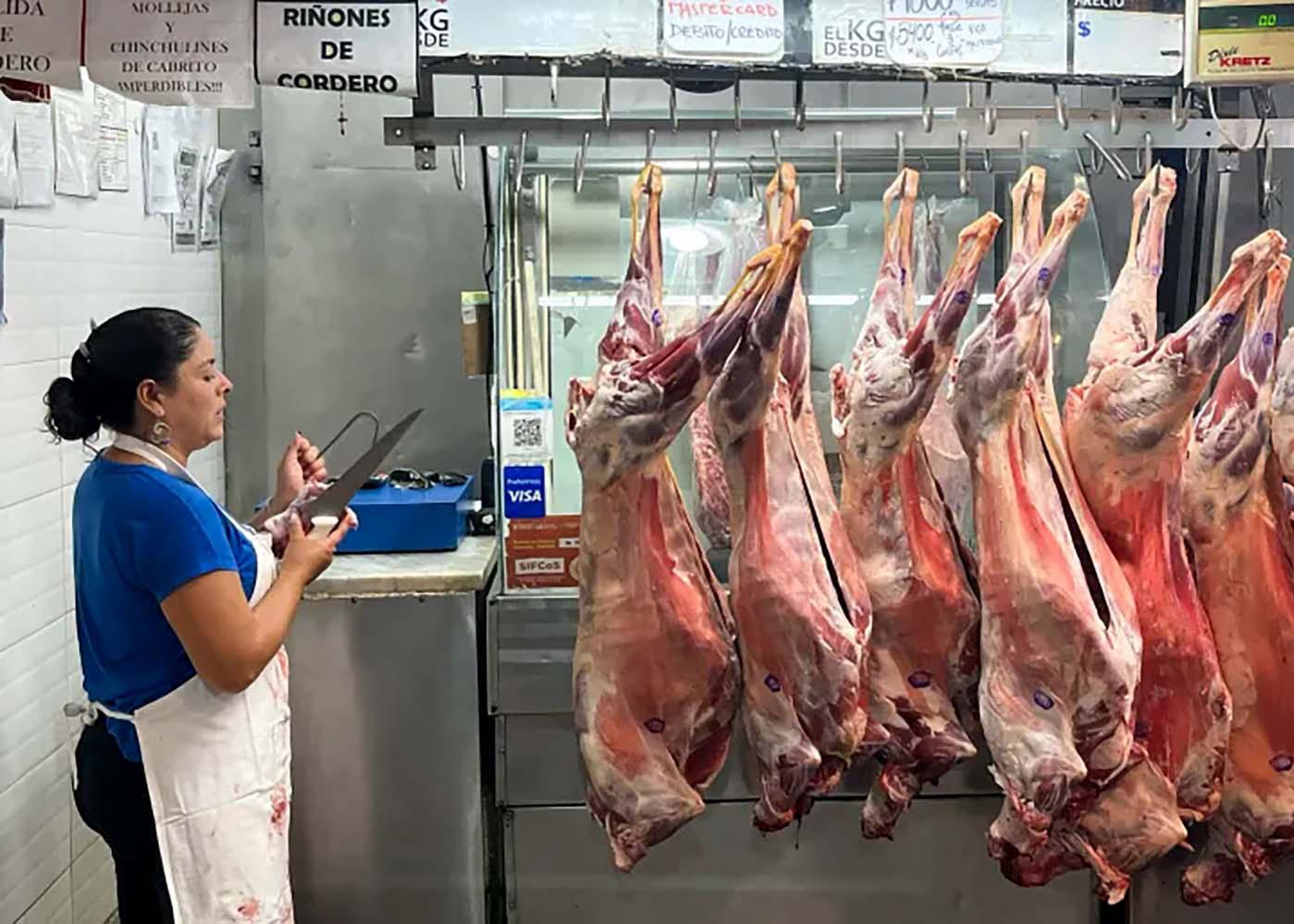
“Hiring professional staff to help carry out the mission of WMIN has been a goal since we created the organization,” said Angie Krieger, director of operations at the National Pork Board who, serves as chair of the WMIN board. “And now that we’ve demonstrated the value of WMIN and have secured a new level of support from our sponsors, I’m thrilled we’re able to hire one of the best advocates for the advancement of women in the industry as our parttime executive director.”
Sharon K. K. Beals begins her tenure as WMIN’s part-time executive director on May 1. Beals was among the women on the original steering committee and board when WMIN was officially launched to members a little over two years ago. She is a respected industry veteran who has held leadership roles in food safety and quality assurance for impactful organizations such as US Foods, Maple Leaf Foods Inc., Tyson Foods and Arby’s Restaurant Group. Beals most recently was Chief Food Safety Officer for CTI Foods before starting her own consulting business and accepting the part-time role with WMIN.
18 MEATBUSINESSPRO May 2024 meatbusinesspro.com
“The momentum we’ve seen since the 2024 Annual Meat Conference (AMC) in March – where the 400+ turn-out for our luncheon program was standing room only – has been so gratifying for someone who spent many years as the only female leader at the table,” said Beals. “We’re clearly meeting a need, and I can’t wait to help expand WMIN’s impact even further.”
WMIN is made possible by its many generous sponsors, which include Cargill, American Foods Group, JBS, the Pork Checkoff, Tyson Foods, Clemens Food Group, Midan Marketing, Seaboard Foods, SM Outfitters, Prosur, StahlMeyer Foods, the Meat Institute, Olsson Frank Weeda, American Meat Science Association, and FleishmanHillard. Contact Sharon Beals at sbeals@WMIN.org to learn about opportunities for corporate partnerships like these.
NEW SURREY SLAUGHTERHOUSE ‘WOULD OPEN DOOR’ TO NEW BEEF MARKETS
The Women’s Meat Industry Network is a nonprofit organization designed to bring together the powerful benefits of gender diversity. While there are a variety of groups focused on the advancement of women, this organization is specific to the challenges, technical specialties and career opportunities found within the meat and poultry industry. We support our members through networking, mentorship and professional development. Visit wmin.org to join.
Proposed 30,000-square-foot beef abattoir in Cloverdale would be
A federally licensed beef processing facility is in the works
“There’s a new building coming forward, a new abattoir, I the ability to not have to ship an animal to Alberta to have Agricultural and Food Sustainability Advisory Committee.”
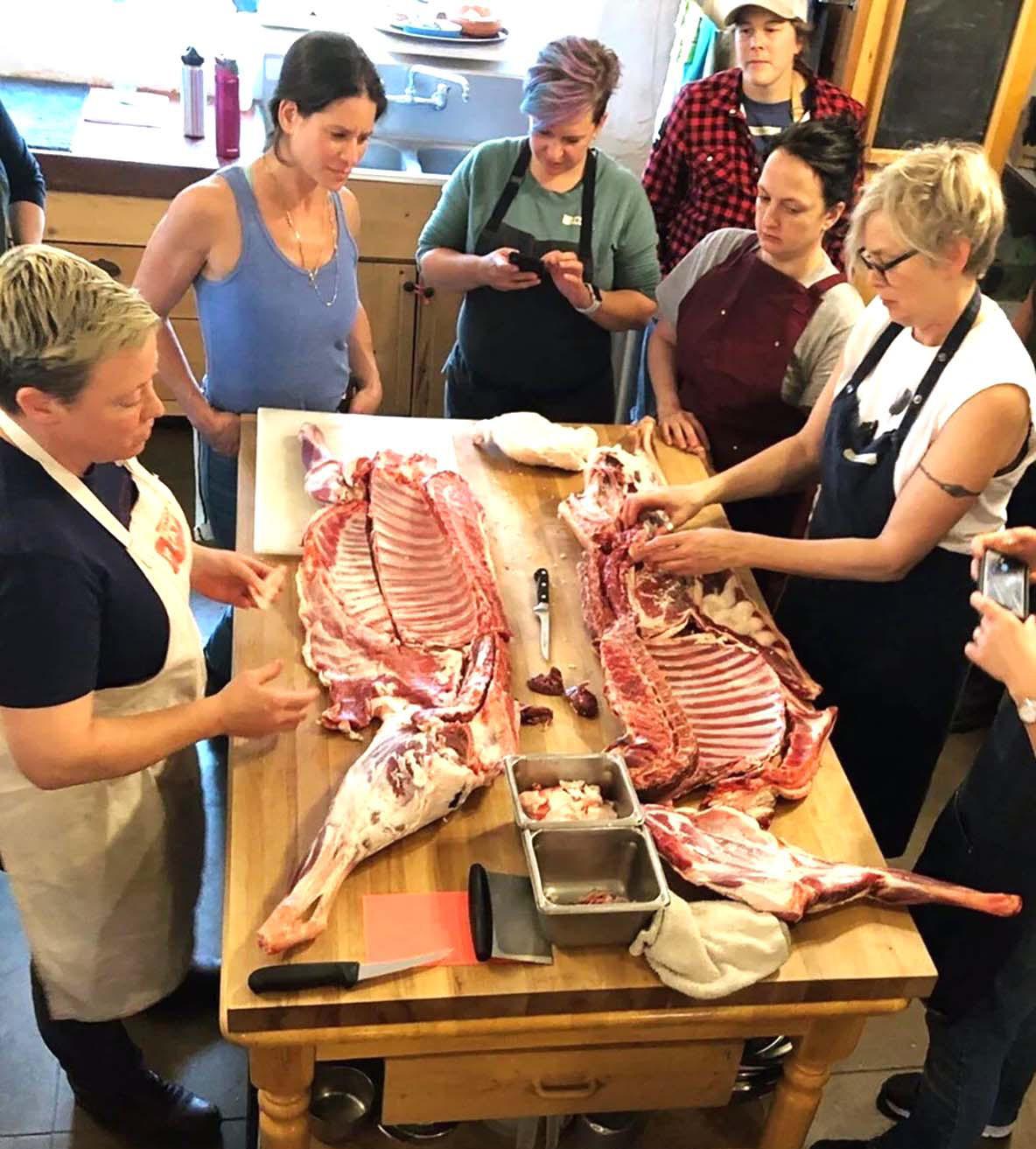
The facility is proposed on a 25-acre property within the Agricultural Land Reserve at 5175 184th St. The planned 30,000-square foot abattoir in Cloverdale would process up to 100 head of cattle per day.
WMIN recently launched its first mentoring cohort, which serves more than 263 mentees and mentor pairs from across the industry. In addition to the WMIN-hosted luncheon at AMC, more than 231 women attended a recent webinar presented by WMIN about imposter syndrome. To learn more, sign up and participate in future programming, visit wmin.org.
According to a city report, that would make it larger than any other processing facility in B.C.. But it would still be small by industry standards, compared to the largest meat processing plants in Alberta that process 3,000 heads of cattle per day.
The proposed facility would be fully enclosed and designed but it’ll be a big upgrade from the site currently.”
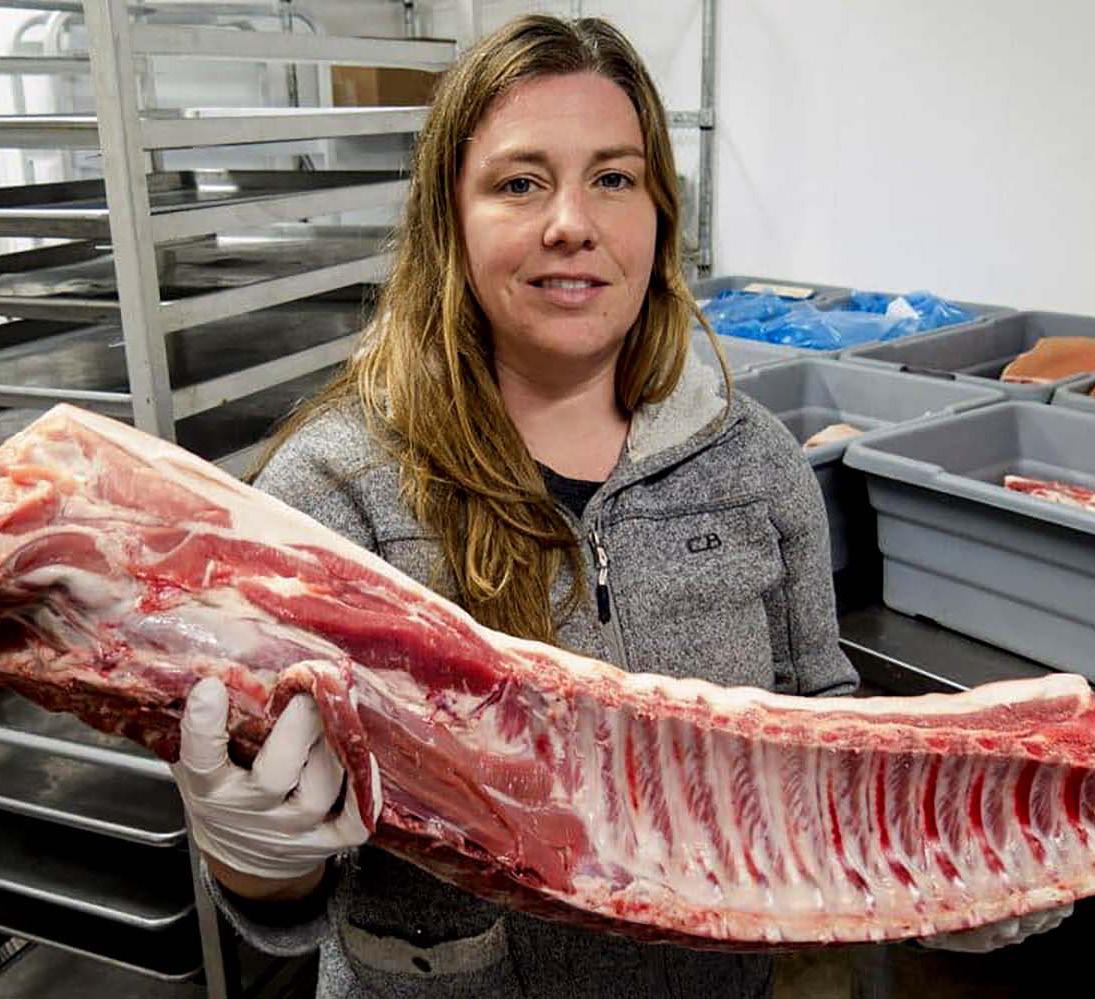

19 meatbusinesspro.com May 2024 MEATBUSINESSPRO
such
Continued on page 32 https://www.tcextrade.com
B.C.’s largest
facility
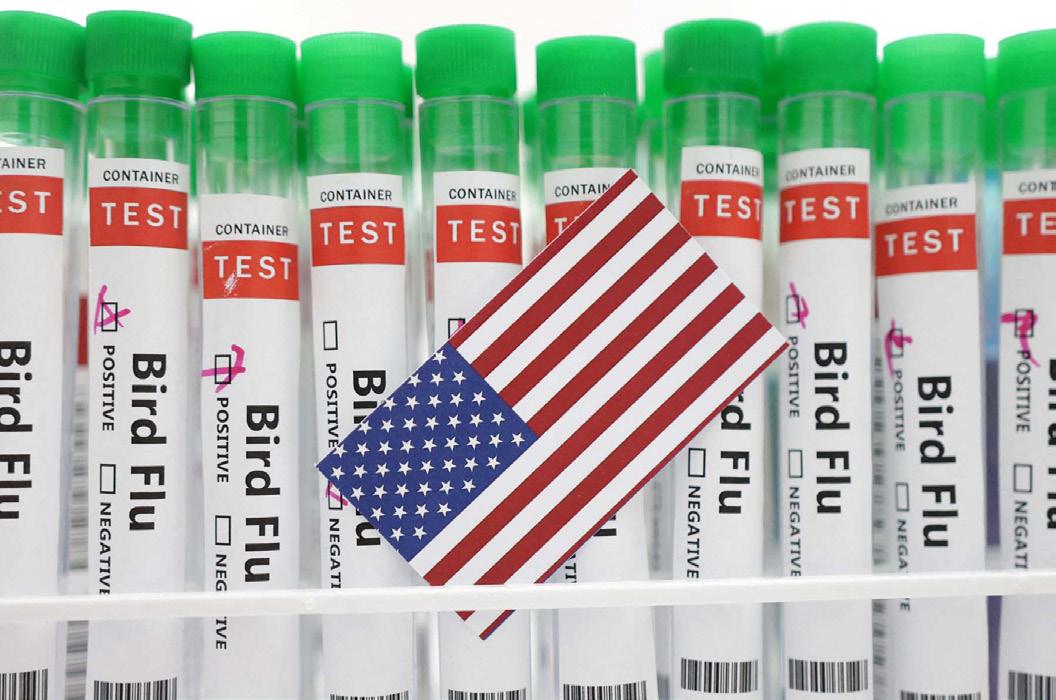
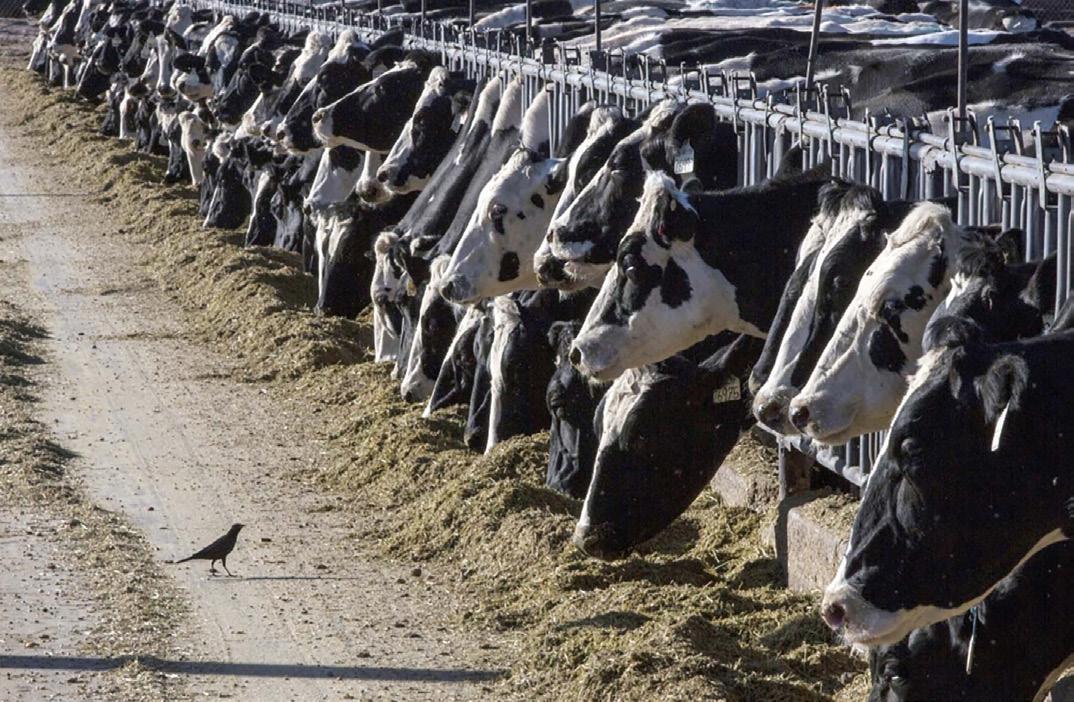
U.S. TO PROVIDE FUNDING TO CONTAIN BIRD FLU ON DAIRY FARMS
U.S. health and agriculture officials have pledged nearly $200 million in new spending and other efforts to help track and contain an outbreak of bird flu in the nation’s dairy cows that has spread to more than 40 herds in nine states.
The new funds include $101 million to continue work to prevent, test, track and treat animals and humans potentially affected by the virus known as Type A H5N1, the U.S. Department of Health and Human Services said. And they include about $98 million to provide up to $28,000 each to help individual farms test cattle and bolster biosecurity efforts to halt the spread of the virus, according to the Agriculture Department.
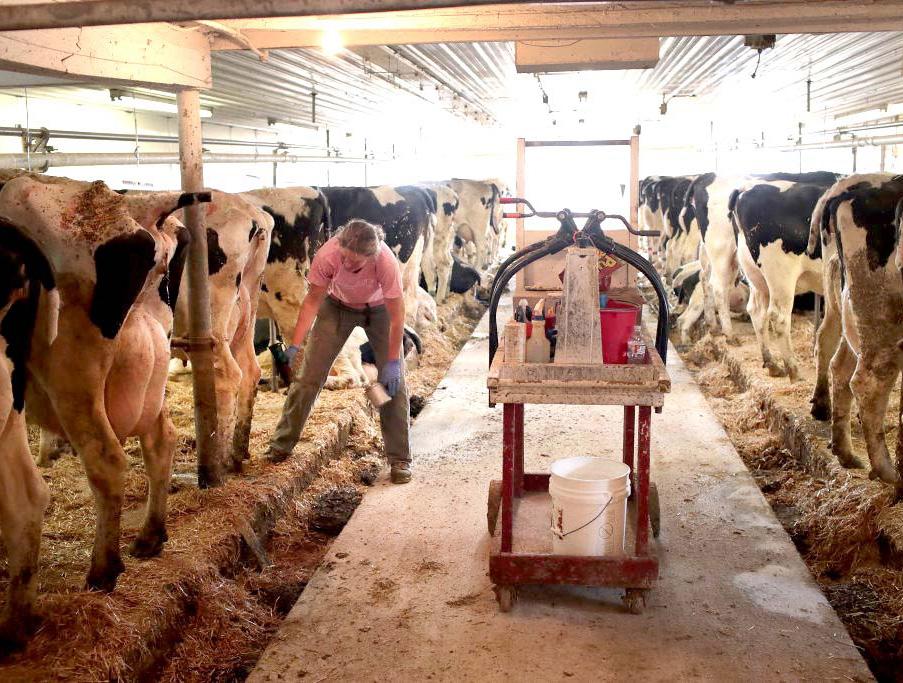
In addition, dairy farmers will be compensated for the loss of milk production from infected cattle, whose supply drops dramatically when they become sick, officials said. And dairy farmers and farm workers would be paid to participate in a workplace study conducted by the USDA and the Centers for Disease Control and Prevention.
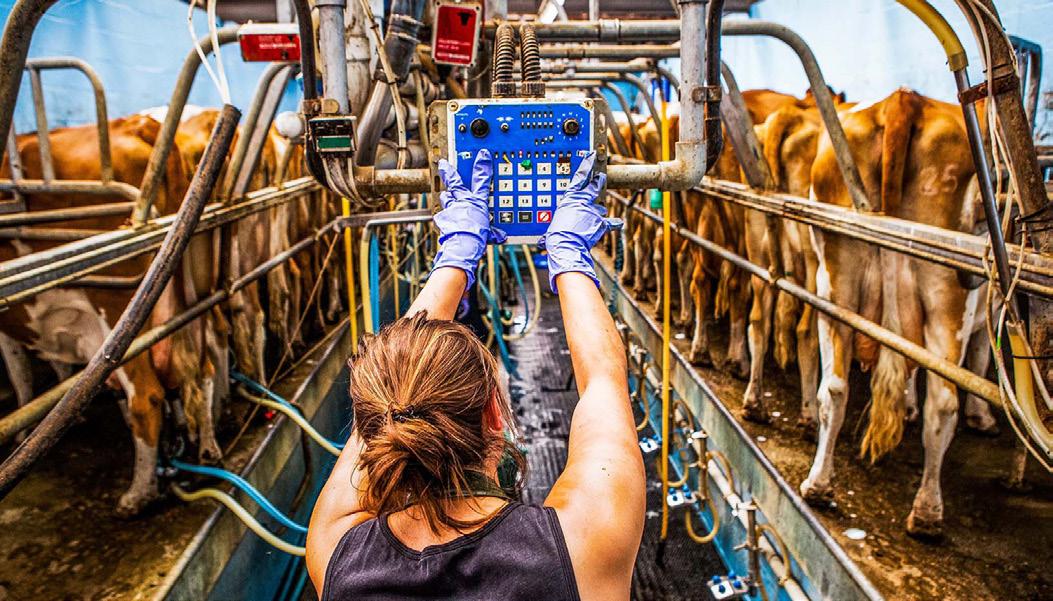
So far, farmers have been reluctant to allow health officials onto their farms to test cattle because of uncertainty about how it would affect their businesses, researchers have said. Also, farm workers, including many migrant workers, have been reluctant to be tested for fear of missing work or because they didn’t want to be tracked by the government.
The new spending comes more than six weeks after the first-ever detection of an avian bird flu virus in dairy cattle and one confirmed infection in a Texas dairy worker exposed to infected cows who developed a mild eye infection and then recovered. About 33 people have been tested and another 260 are being monitored, according to the CDC.
As of May 10th, 42 herds in nine states have confirmed infections in dairy cows.
Agriculture Secretary Tom Vilsack said that the outbreak has not spread more widely.
“It’s still in the same nine states and that’s the most positive thing about where we are,” he told reporters.
20 MEATBUSINESSPRO May 2024 meatbusinesspro.com

https://www.cfib.ca



CFIB: KEY TAKEAWAYS FROM 2024 FEDERAL BUDGET
This April’s Federal Budget only held a few announcements that were specific to agriculture, like allowing interoperability of farm equipment or the establishment of the Advance Payment Program interest-free limit to $250,000. However, there were a few other broader proposals that might also impact farmers and agri-businesses. The small business Canada Carbon Rebate, the proposed increase in the Lifetime Capital Gains Exemption, and the increase in the capital gains inclusion rate, for example, hold some implications for the agricultural community.

CARBON TAX & CARBON REBATES
In 2019, when the federal government implemented the carbon tax in provinces without their own carbon pricing system in place, it declared that the tax would be revenue neutral and committed to returning 10% of the revenues collected to small businesses. However, between the 2019/2020 and 2022/2023 fiscal years, only 0.17% of all carbon tax revenues collected were returned to SMEs - a far cry from the promised 10%.

The rising costs of energy poses a significant challenge to agri-businesses, as many are unable to fully pass these expenses on to customers. In fact, half (48%) of agri-businesses indicated in a CFIB survey that they were unable to pass on any of the increased energy costs to consumers. It is therefore crucial to prioritize returning carbon tax revenues to farmers to help alleviate the burden of these escalating business costs.
CFIB launched a massive campaign to get this money back to small businesses. Many farmers have already signed CFIB’s petition to either fix the broken carbon tax system or get rid of it. As a result of CFIB’s campaign, Budget 2024 announced the “urgent” return of over $2.5 billion owed to approximately 600,000 businesses with fewer than 500 employees. It is a positive first step. The government has once again promised to get that money - money that has already been collected - out the door. Now we need to ensure that they do it and that the rebates are meaningful for small businesses.
22 MEATBUSINESSPRO May 2024 meatbusinesspro.com

On note, 2023 taxes must be filed by July 15, 2024, for a Canadian-controlled private corporation to be able to get the Canada Carbon Rebate with the amount based on the number of employees they had in a given year. Future carbon tax proceeds will also be similarly returned to small businesses each year. It is good news for incorporated agri-businesses, as they will benefit from these rebates along with the fuel charge tax credit.
CAPITAL GAINS
Another important announcement from the federal budget is the proposed increase in the Lifetime Capital Gains Exemption (LCGE) to $1.25 million. When a business owner makes a profit from selling a small business, including a farm or fishing property, the LCGE can spare the business owner from paying taxes on all or part of the profit they have earned.
Since CFIB successfully advocated for the creation of the Lifetime Capital Gains Exemption (LCGE) in 1985, the organization has consistently pushed for its increase and annual indexation to inflation. By 2015, the LCGE for farmers and fishers had reached $1 million. Had it been indexed to inflation, it would have risen to $1.25 million in 2024, a change that was a priority for nearly three-quarters (74%) of agri-businesses according to a CFIB survey. Therefore, the proposed increase in the LCGE limit to $1.25 million, along with its indexation to inflation starting in 2026 is welcomed news for farmers.
However, CFIB is concerned about the proposed increase in the capital gains inclusion rate from 50% to 66.7%. This change can discourage farmers from growing their businesses and investing in new ones as it will reduce the revenues that could be retained from a sale or succession process. Instead, the government should focus on streamlining the sales process to make the industry more attractive to tomorrow’s investors and tomorrow’s farmers.
The Budget also announced a new Canadian Entrepreneur Incentive to lower capital gains taxes on the next $2 million upon sale of qualifying small business shares. It would only apply to qualifying small business shares; it would not extend to farm or fishing property. This new incentive will start at $200,000 in 2025 and rise by $200,000 each year over the next 10 years before it reaches $2 million in 2034. Qualifying entrepreneurs would pay income taxes on 33.3% of their capital gains rather than the new 66.7% inclusion.
Let’s keep in mind that, many of these initiatives are just proposed changes currently. For many of them to come into effect, legislation must be introduced.



Juliette Nicolaÿ is a Bilingual Policy Analyst for the Canadian Federation of Independent Business (CFIB). CFIB is Canada’s largest association of small and medium-sized businesses with 97,000 members (4,500 agri-business members) across every industry and region. CFIB is dedicated to increasing business owners’ chances of success by driving policy change at all levels of government, providing expert advice and tools, and negotiating exclusive savings. Learn more at cfib.ca
23 meatbusinesspro.com May 2024 MEATBUSINESSPRO
Not a member? JOIN CFIB today for more help and information





https://www.yesgroup.ca
201 Don Park Road Unit 1, Markham, Ontario, L3R 1C2 Phone: 905-470-1135 1-800-465-3536 Fax: 905-470-8417
Website: www.yesgroup.ca email: sales@yesgroup.ca
Remco and The Yes Group Protecting
your Customers
Remco products are colour-coded to help divide the production cycle into different zones. By identifying these zones as different cleaning areas, the movement of bacteria around the production area can be blocked.
Our products were developed with the Hazard Analysis Critical Control Point (HACCP) in mind.
No matter what colour-coding plan is implemented, Remco Products from The Yes Group provides significant added value at no additional cost. From scoops to squeegees, from brushes to shovels, we have the products and the colours to enhance any professional quality assurance program.
24 MEATBUSINESSPRO May 2024 meatbusinesspro.com meatbusinesspro.com 31 September/October 2018


































































































